
Picture Book Marketing
Tips And Suggestions
Publication isn’t the end of a journey, it’s the beginning. And we won’t lie to you: marketing is hard. Here are some tips for effective picture book marketing, both in-person and digitally.

Upcoming Webinars
Videos
Alee Anderson and Alice Sullivan are here to celebrate the release of their new book, The Definitive Guide to Ghostwriting! Learn the secrets to building a ghostwriting career, marketing to develop a strong client base, and translating a client’s unique voice and story to the page.
Children’s author-illustrator Niña Mata joins the Thriving Writers Podcast to chat about her publishing journey—from illustrating educational materials, working with Olympian athletes, to finally writing her own stories! Listen to hear Niña share some tips on what illustrators gravitate towards in manuscripts and ways writers can make the collaborative process smoother.
How do new authors find their ideal readers? Jenn Hanson-dePaula guides you through the steps of elevating your book promo! Tune in to hear her take on what marketing is and isn’t, tips for building your social media platform (including valuable advice on what to post), and why you should have a newsletter.
NYT bestselling author/illustrator Jarrett Krosoczka shares the challenges and gratifications of reaching across different age categories and the importance of illustrations in storytelling. Listen to hear his tips on writing within established franchises (like Star Wars), how to pivot a picture book idea into a graphic novel series, and memoir writing.
Danielle Marietta joins the podcast to discuss Books & Things Publishing, the children’s book sphere, and the importance of promoting diverse authors. Tune in to learn more about Danielle’s writing journey, and her tips on self-publishing, social media marketing, and connecting with your target audience.
Book Marketer and PR Coach Emily Enger joins Mary to talk about some of the aspects of the writing process that might leave a yucky taste in our mouths. Tune in for actionable tips and insights into a publicist and marketer's side of the publishing world.
If you’re writing a picture book, how should you handle illustrations? Let’s compare illustrating your own manuscript, finding another illustrator, or leaving it to the publisher.
Communicating with literary agents is an important part of the querying process. Here are some communication do's and don'ts that'll give you the best shot at receiving a response to your query.
Debut middle grade author Rebecca Ansari chats with Mary about the journey from aspiring writer to published author, MG craft insights, and what new things she has in the works!
Many aspiring writers hope to quit their day jobs so they can pursue writing for a living, but is this a realistic goal? Here's an overview of what to expect if you want to pay the bills with your writing.
Publishers can pay people. The upsetting thing is who they choose to pay, how they choose to pay them, and whatever calculus they've used to arrive at those decisions doesn't seem equal. This is going to be a hard ongoing conversation, but a necessary one.
How do so many bad books get published? Today, we'll be discussing this question, one that a lot of writers shout at the top of their lungs when they get yet another rejection.
Should you post your writing online to attract attention? What are the risks and benefits? Learn all about posting writing online with this video.
A short, information-packed writing class on what readers want. It's simple. By thinking about what readers want from their stories, writers can harness the power of reader emotion to write amazing stories, novels, screenplays, picture books, poems, and more.
How do you have a career in publishing? This is the question on a lot of minds. Do you have to move to NYC? Do you have to be incredibly lucky? Learn how to have a publishing career with this video.
Allow yourself to dream big. What does that look like for this project or for yourself as a writer? Some writers want movie adaptations, or to write a New York Times Best Seller, but a lot of people just want to keep writing.
This is everybody's favorite fucking topic. It is swearing in children's books. Very controversial. Keep in mind the power gatekeepers have in children’s publishing.
It may seem weird to talk about failure and rejection in writing context as a good thing. But I really want to help you reframe it, because the actual writing journey is rather long. If you don't enjoy the actual writing process, you're gonna have a tough time because there is so much rejection and failure inherent in that journey.
Publishing loves its buckets. In children's books, there are several buckets that you need to fit into, with word count guidelines and all of that. There are buckets and tropes in adult publishing as well. Books that don't lend themselves easily to categorization can be a really difficult sell.
This is a conversation for a little bit more of an advanced writer. I'm going to talk about the components of what goes into a book that is likely to sell, is likely to attract agents, publishers, eventually readers, right, which is what we want.
Here’s what the picture book, chapter book, and early reader publishing trends look like for Fall 2021.
Thinking about finding another literary agent? Here are some tips to help smooth the transition.
You have an offer of representation from a literary agent--now what? Here are some crucial questions to ask before you sign on the dotted line.
If you want to pursue traditional publication, you need to think about writing for an audience. Here are some thoughts on work that's billed as "completely unprecedented"; following writing trends; and writing for "everyone from 0 to 99."
There are so many paths to publishing--what's the best fit for your project and career goals?
Podcasts
There are plenty of articles online writers conference preparation—what to pack, what to wear, how to behave, and how to get the most out of your experience. But what about after the conference is over?
Writers have a love-hate relationship with word count. It’s one of the necessary evils we deal with to determine if a manuscript meets an acceptable published length. So how long should a book be? Here’s a guide to help you answer.
When done well, rhyming picture books are snappy, quotable, and fun to read. Children retain the words more easily and begin to identify patterns and sounds: a real treat. The problem? Writing a good rhyming picture book is much trickier than it looks.
We asked the editors over at Good Story Editing for their favorite books of 2023. Hear their answers and add some books to your 2024 TBR!
Getting your reading life together is particularly important for writers, because reading widely and voraciously is one of the best ways to learn your craft. But there are so many books! How do you prioritize what to read?
Picture books are so fun to read aloud! Readers can play with the volume, pitch, and inflection of their voices to give the verses maximum effect.
One of the most difficult experiences for an author is changing literary agents. Sometimes, as much as many hate to admit it, seeking out new representation becomes necessary. If a relationship between an author and their agent isn’t productive, it can often be worse than having no agent at all.
Many authors write under a pseudonym, also known as a pen name. If you think writing under an alias is in your future, here are some criteria to help you decide. I’ve also got some tips on how best to come up with one.
If you’ve written a book, you’re probably considering marketing to libraries—especially if you’re a self-published author. As such, you’re the direct link between your work and the rest of the world—no fancy marketing departments to help you out.
So how do you approach marketing to libraries?
If you’re struggling to figure out how to write a good story, you might want to consider coming at it from a fresh angle: reading like a writer. What does reading like a writer mean?
If you’re interested in writing a children’s picture book that uses fantasy elements to engage readers in a meaningful way, then you’ve come to the right place. In this post, we provide four tips on how to write original, highly engaging fantasy picture books that stand out!
Turns out, there’s more to self publishing than just putting your book out there and seeing what happens. Ideally, you’ll have other people’s help as well. Here, we’ll run through the basics of self publishing in five steps.
Have you started on your writing journey and want to know how to handle the dreaded social media options? Think of social media as a way to connect to others in the writing community. While there are many platforms to consider, it’s important to pick and choose what you like and enjoy. Here’s a checklist to help you get started.
You’re published. Now what? However you got your book out into the world, you’re probably looking for more readers. Here are some DIY tips for author marketing.
“To me, re-reading my favorite books is like spending time with my best friends. I’d never be satisfied to limit myself to just one experience each with my favorite people.”
― C S Lewis
What’s the right way to have an online presence? Both before getting a book deal and after, this is a common question for writers. After all, we often hear that it is essential to get your name, your face, your everything out there in order to make potential readers aware of you.
Scanning the NYT bestseller list, you’ll see a multitude of realistic fiction books. Realistic fiction deals with life as it is now and modern problems that its protagonists may face. But what happens when reality, the very thing that gives realistic fiction its name, has inevitably changed?
Blog Posts
How do you set realistic expectations in publishing? If a book doesn’t sell, how do you cope with rejection? Literary agent and author Kate McKean chats about her latest book Write Through It! She also shares tips for honing your writer’s intuition, pitching your book, and what queries stand out in the slush pile.
Alee Anderson and Alice Sullivan are here to celebrate the release of their new book, The Definitive Guide to Ghostwriting! Learn the secrets to building a ghostwriting career, marketing to develop a strong client base, and translating a client’s unique voice and story to the page.
Children’s author-illustrator Niña Mata joins the Thriving Writers Podcast to chat about her publishing journey—from illustrating educational materials, working with Olympian athletes, to finally writing her own stories! Listen to hear Niña share some tips on what illustrators gravitate towards in manuscripts and ways writers can make the collaborative process smoother.
How do new authors find their ideal readers? Jenn Hanson-dePaula guides you through the steps of elevating your book promo! Tune in to hear her take on what marketing is and isn’t, tips for building your social media platform (including valuable advice on what to post), and why you should have a newsletter.
NYT bestselling author/illustrator Jarrett Krosoczka shares the challenges and gratifications of reaching across different age categories and the importance of illustrations in storytelling. Listen to hear his tips on writing within established franchises (like Star Wars), how to pivot a picture book idea into a graphic novel series, and memoir writing.
Danielle Marietta joins the podcast to discuss Books & Things Publishing, the children’s book sphere, and the importance of promoting diverse authors. Tune in to learn more about Danielle’s writing journey, and her tips on self-publishing, social media marketing, and connecting with your target audience.
An interview with middle grade author and Newbery medalist Erin Entrada Kelly, where we discuss writing outside your lived experience.
Debut picture book author Brittany Thurman discusses writing about complex issues for a young audience, bias in the publishing industry, and supporting Black writers.
Decades-long agent, Rachel Orr, talks about real life clients as she shares what agents and editors are looking for, what to include in your query letter, and how to challenge the status quo.
Insights from industry veteran Chuck Sambuchino on how to become a well-informed writer, build a platform, and get published.
An enlightening discussion about creativity, picture book writing, illustration, inspiration, and making mistakes ... in a good way!
Gabriela Pereira discusses her journey to founding DIY MFA, the do-it-yourself alternative to a Masters degree in writing, while living with bipolar disorder. She shares tips about unconventional learning styles, finding a writing community in your backyard, and using storytelling to effectively market your work.
A conversation with John Cusick, literary agent and MG/YA author. We delve into writing for MG and YA readers, what agents are looking for, and breaking writing rules.
Writing teachers Jeff Lyons and Mary Kole in conversation about craft, from the big picture to the nitty gritty.
An interview with NaNoWriMo founder and writing teacher Chris Baty, where we discuss plot, pantsing, not nipping good ideas in the bud, celebrating a hot pile of garbage, and the cult of busyness.
CEO of independent publisher Girl Friday Productions Leslie Miller talks all things publishing, marketing, and building your platform as an author. She discusses the differences between traditional publishing, self-publishing, indie publishing, and hybrid publishing, and how to know which option is right for your project.
A conversation with Cidney Swanson, sci-fi author and recipient of the 2020 Good Story Grant.
Award-winning children’s book writer Ronald L. Smith joins the Good Story Podcast. We talk about writing dark and unconventional stories for middle grade, his writing routine, and marketing yourself as an author. And, of course, he tells all about what it’s like to write in collaboration with Marvel.
On this month's episode, children's author Anna Staniszewski chats about her path to publication, writing for different age groups, and what it takes to make it as a full-time author.
New York Times Bestselling children's book author Tami Charles joins the Good Story Podcast to talk about experimenting with verse, amplifying the stories of girls of color, and writing what you feel.
Services
Show your writer friends some love!
Whether the writer in your life is just starting out or already a seasoned pro, our gift cards are the perfect way to show you care and appreciate their work. The gift cards can be used to purchase professional editing services, consulting, and coaching from Good Story Editing.
For writers with a WIP or finished manuscript.
You may still be on the submission trail, but want to begin building your platform. More and more, agents and publishers will be looking to review your platform. Whether you’re starting from scratch or want to nurture seeds you’ve already planted, it’s never too early to start marketing yourself and your writing!
Click here if you’re a published author looking for a customized plan.
For authors who’ve already brought a book to market.
Maybe your sales are flagging or need revitalizing, you aren’t getting traction on social media, or you have a specific goal in mind (growing your newsletter, doing more events, etc.). We’re here to give you a personalized branding guide and marketing strategy to grow your dream job into a thriving lifelong career.
Click here if you’re an aspiring author looking for a customized plan.

FEATURED SERVICE
For writers with a WIP or finished manuscript.
You may still be on the submission trail, but want to begin building your platform. More and more, agents and publishers will be looking to review your platform. Whether you’re starting from scratch or want to nurture seeds you’ve already planted, it’s never too early to start marketing yourself and your writing!
Click here if you’re a published author looking for a customized plan.





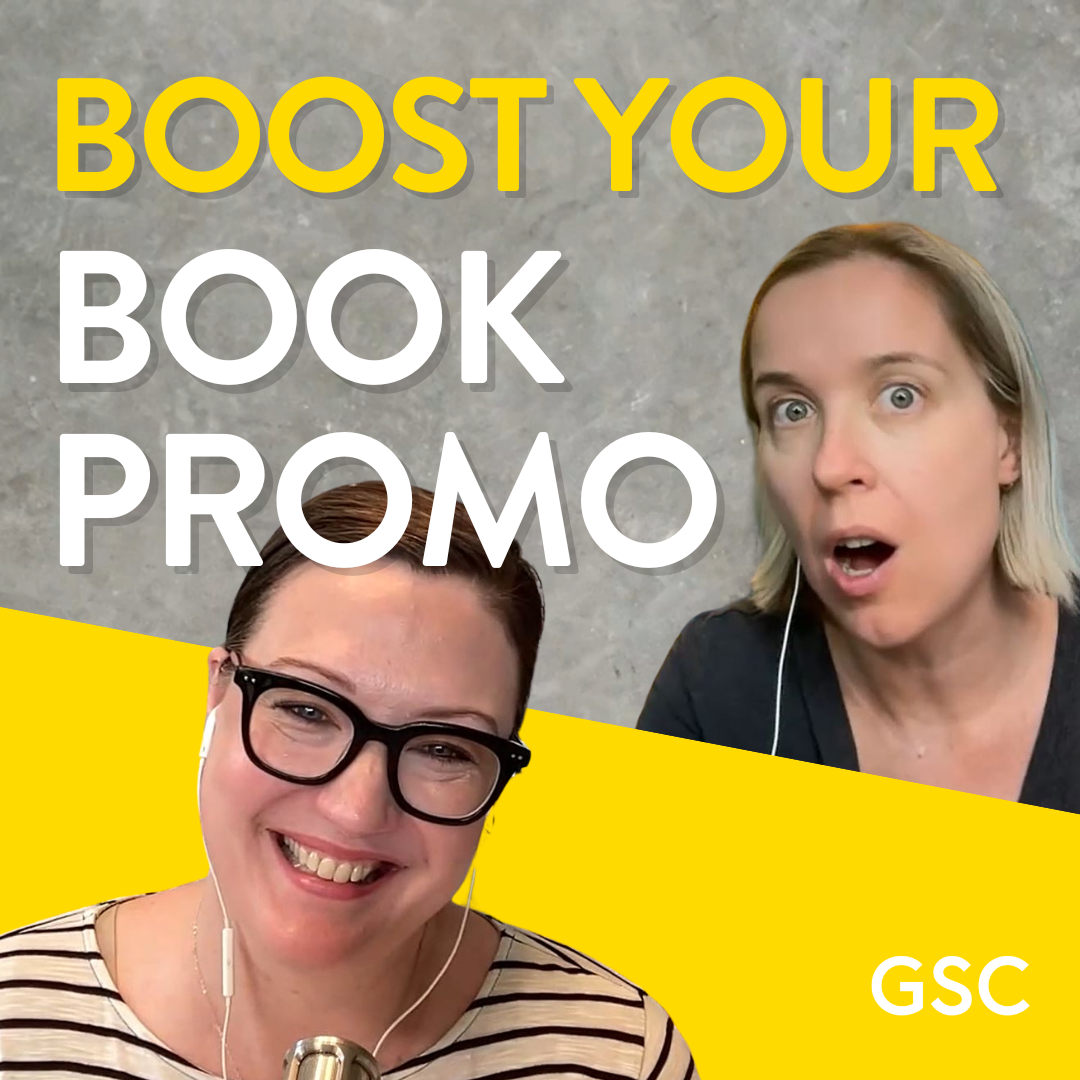
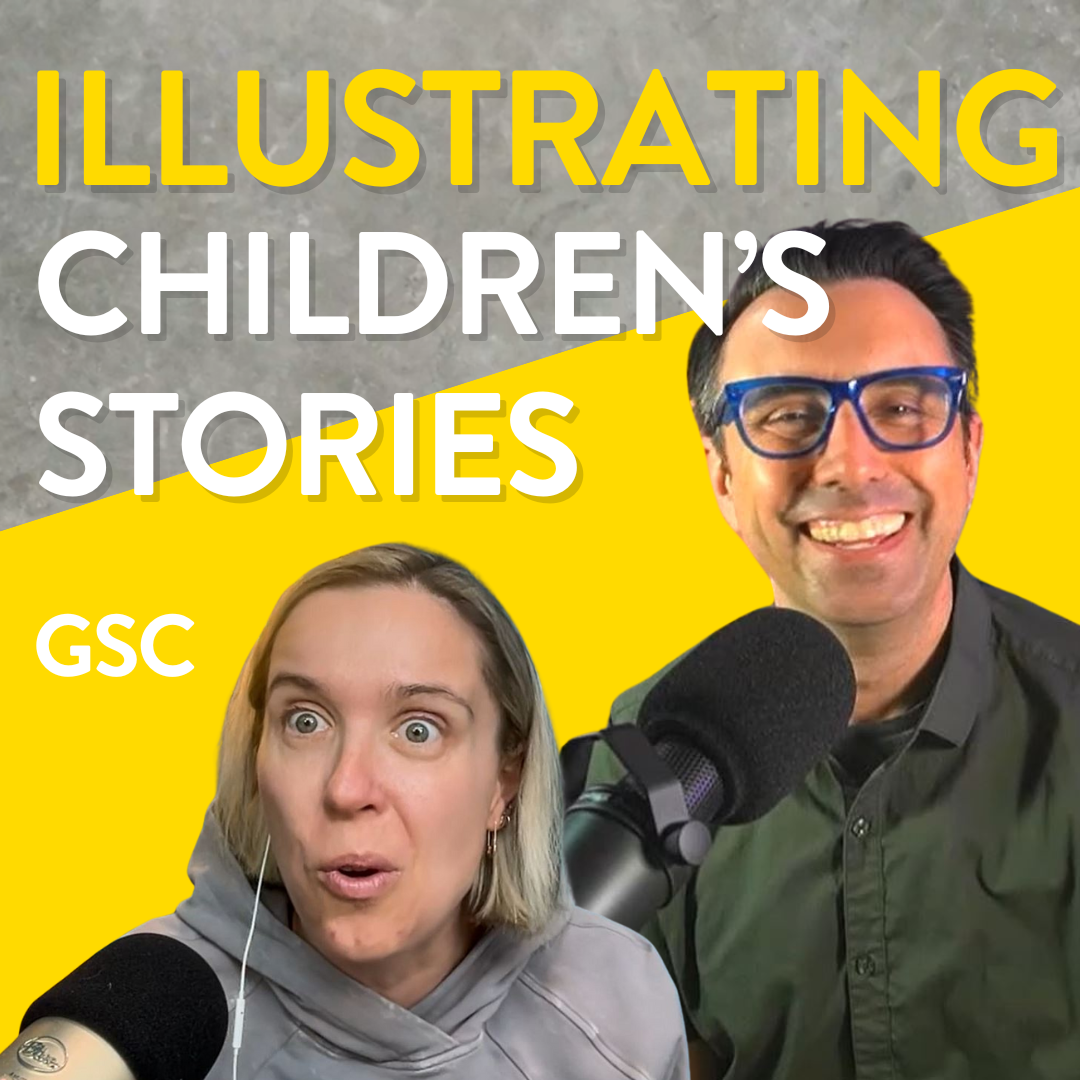
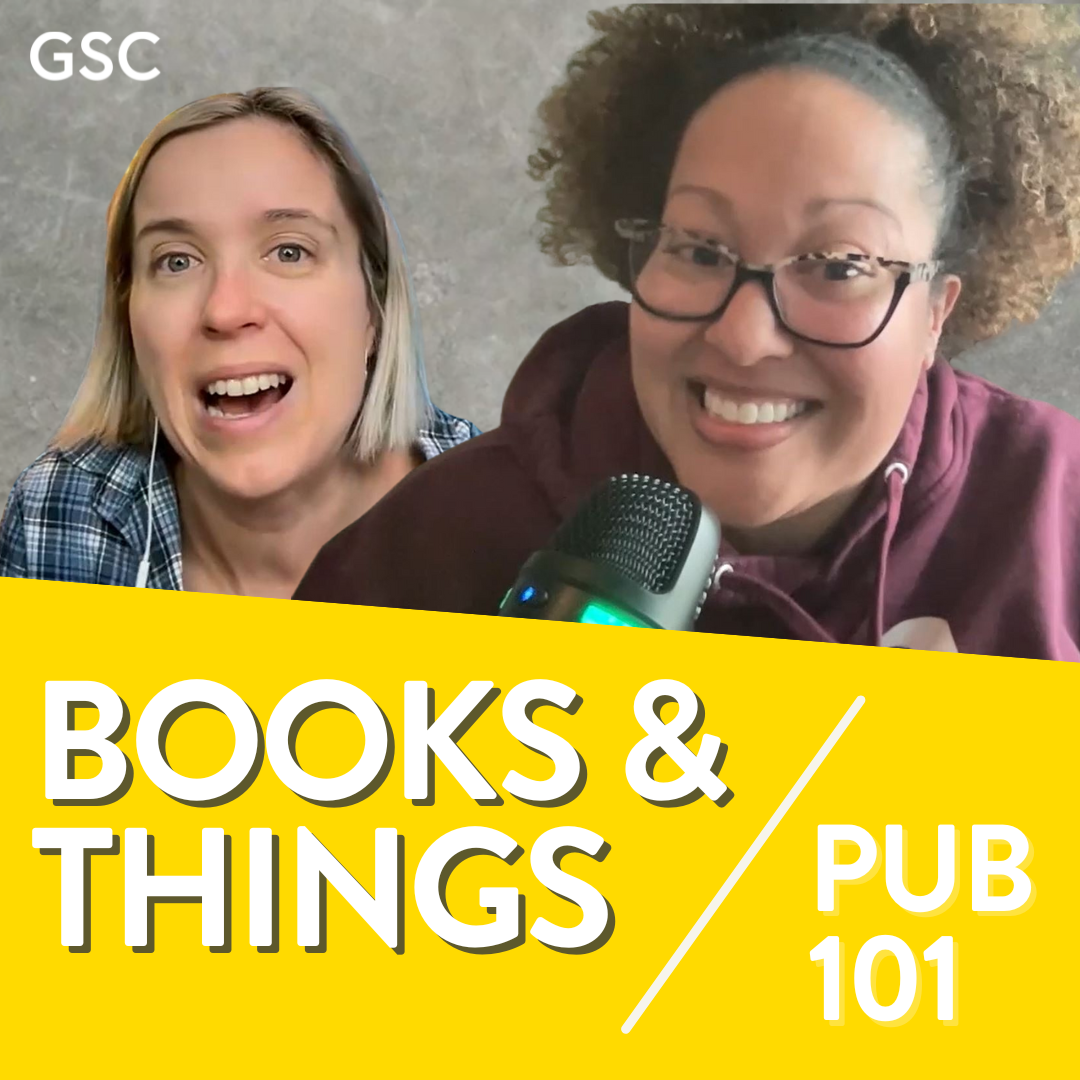
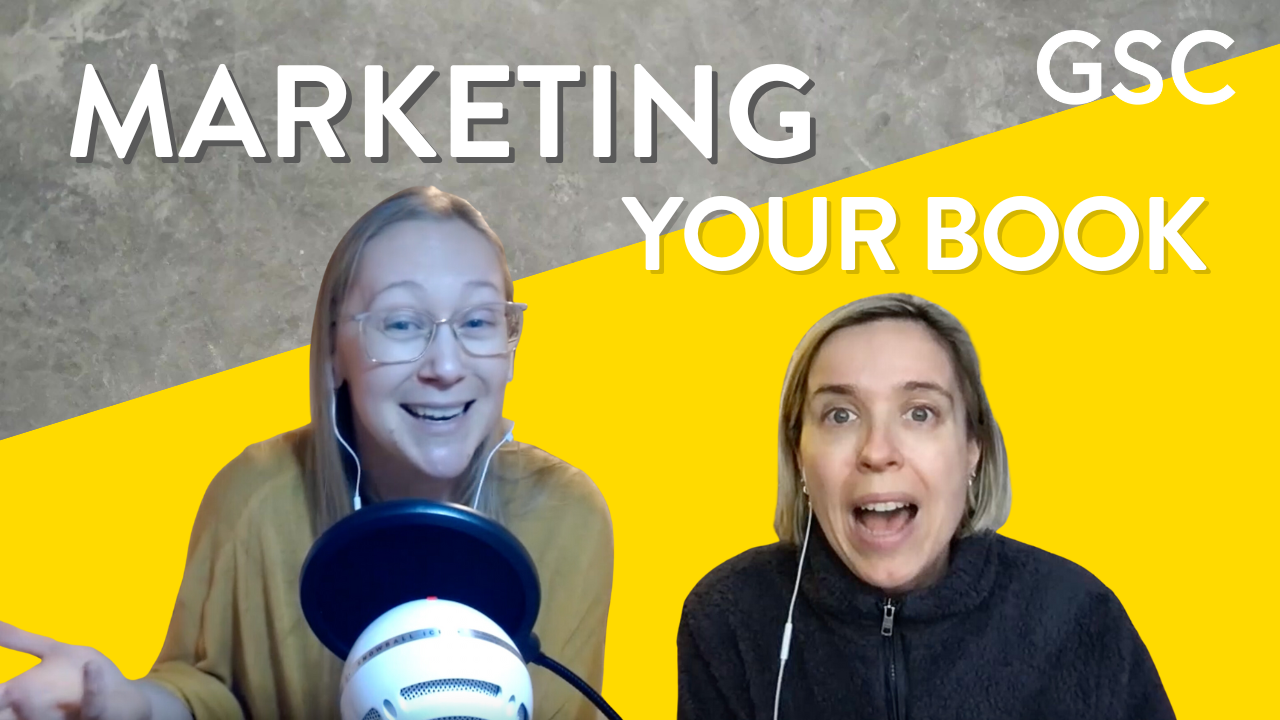

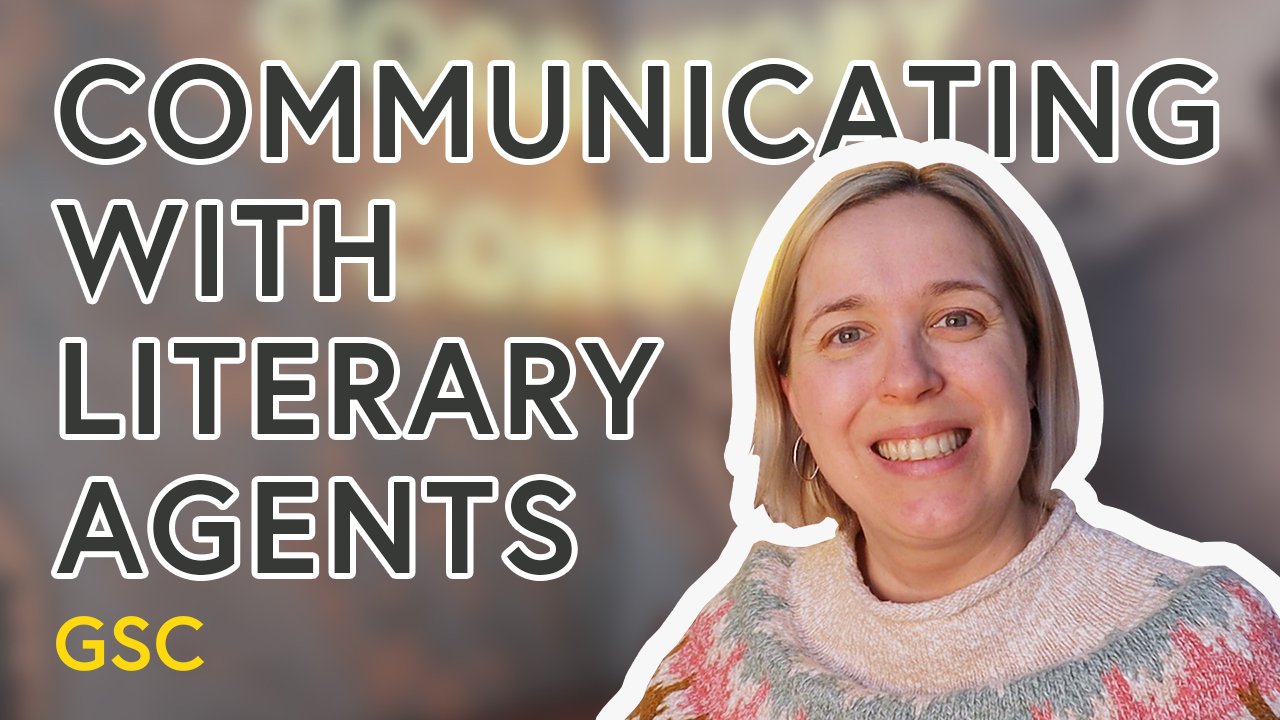
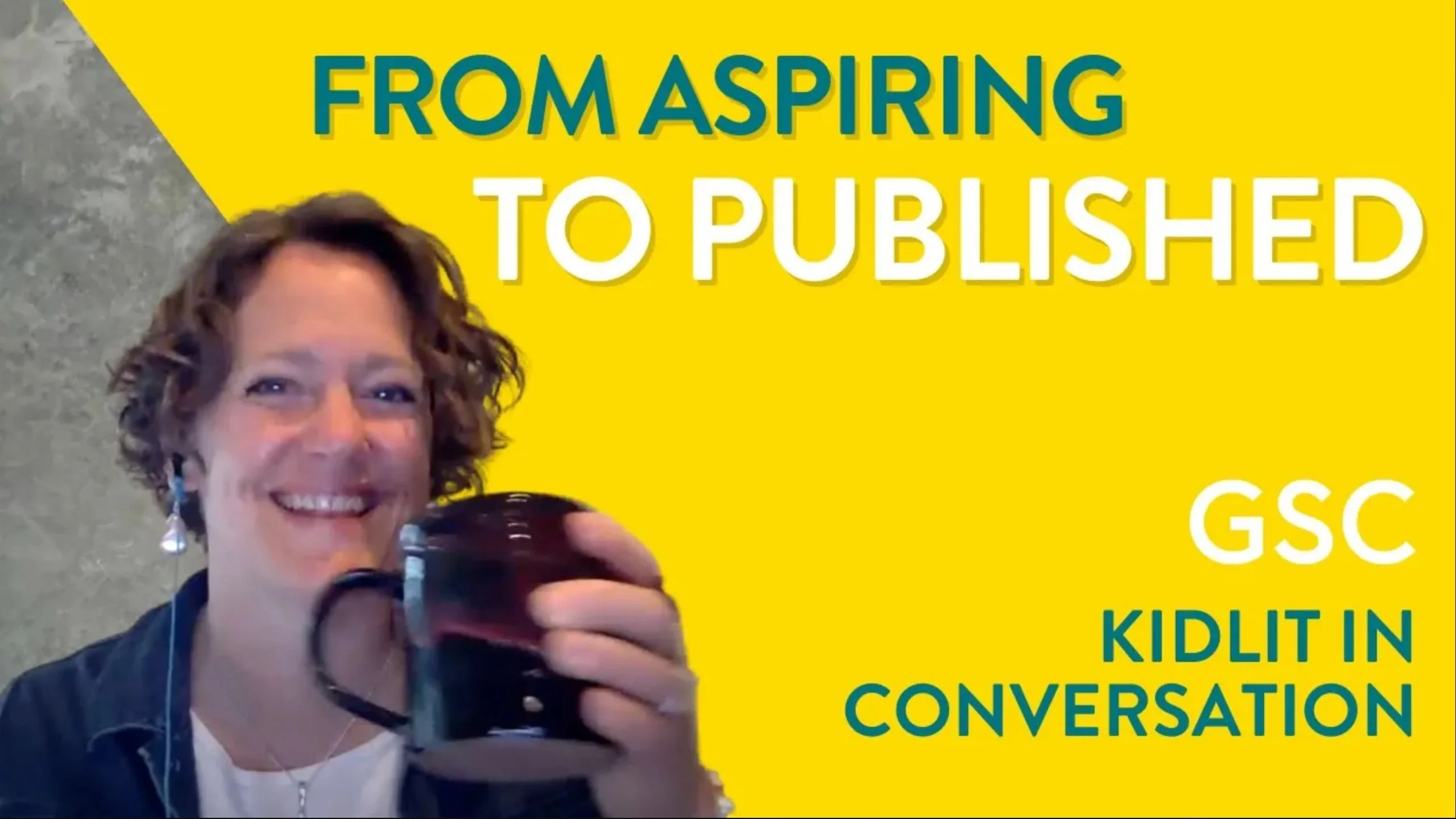



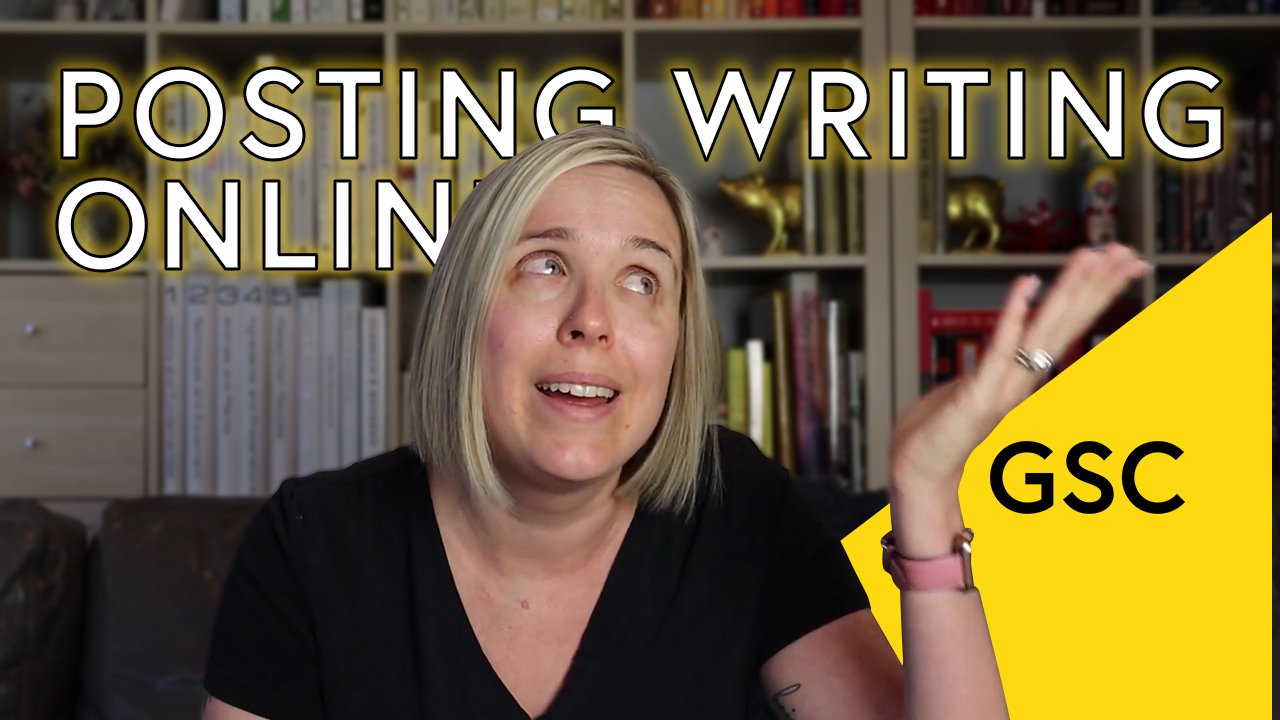
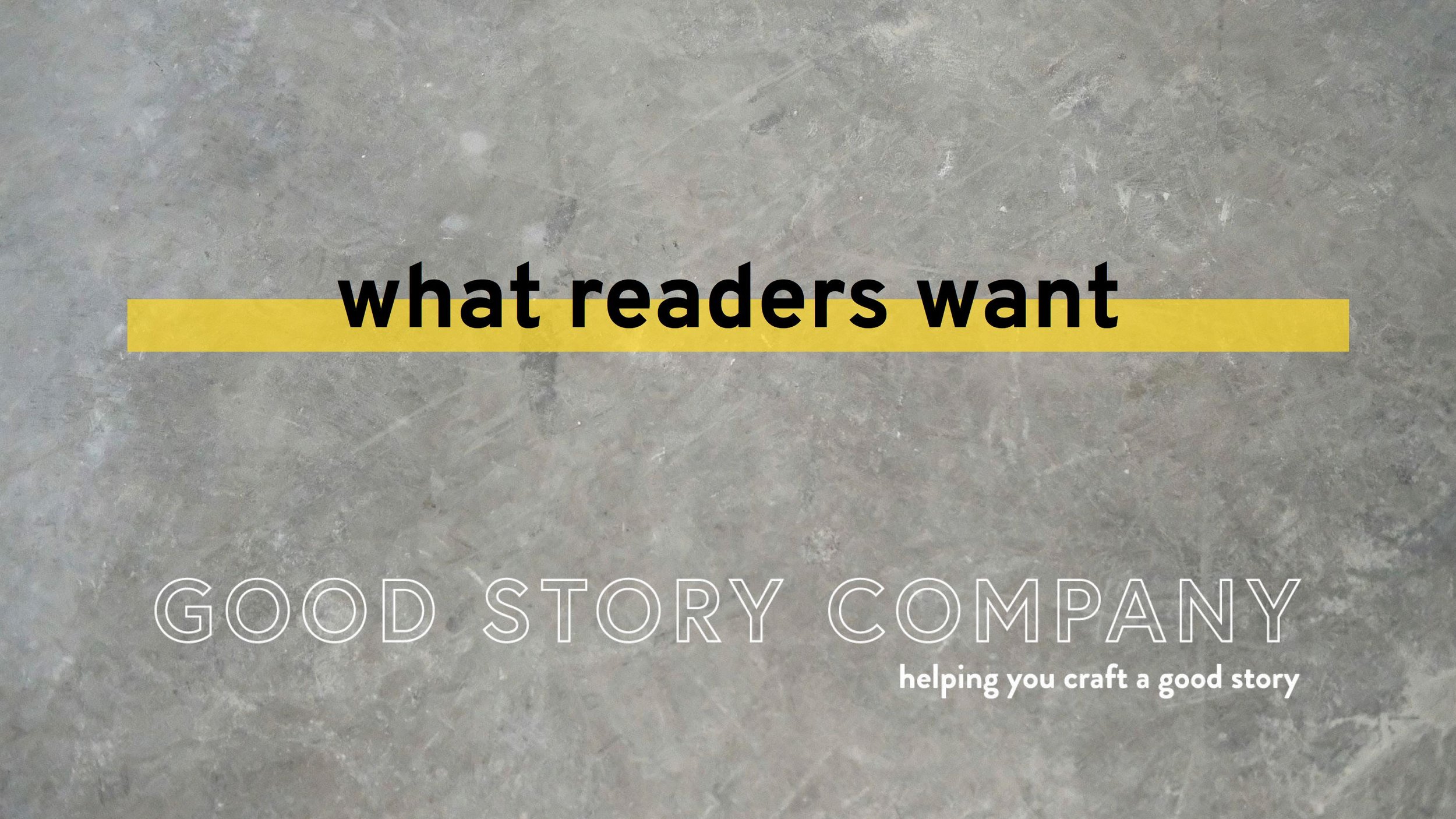



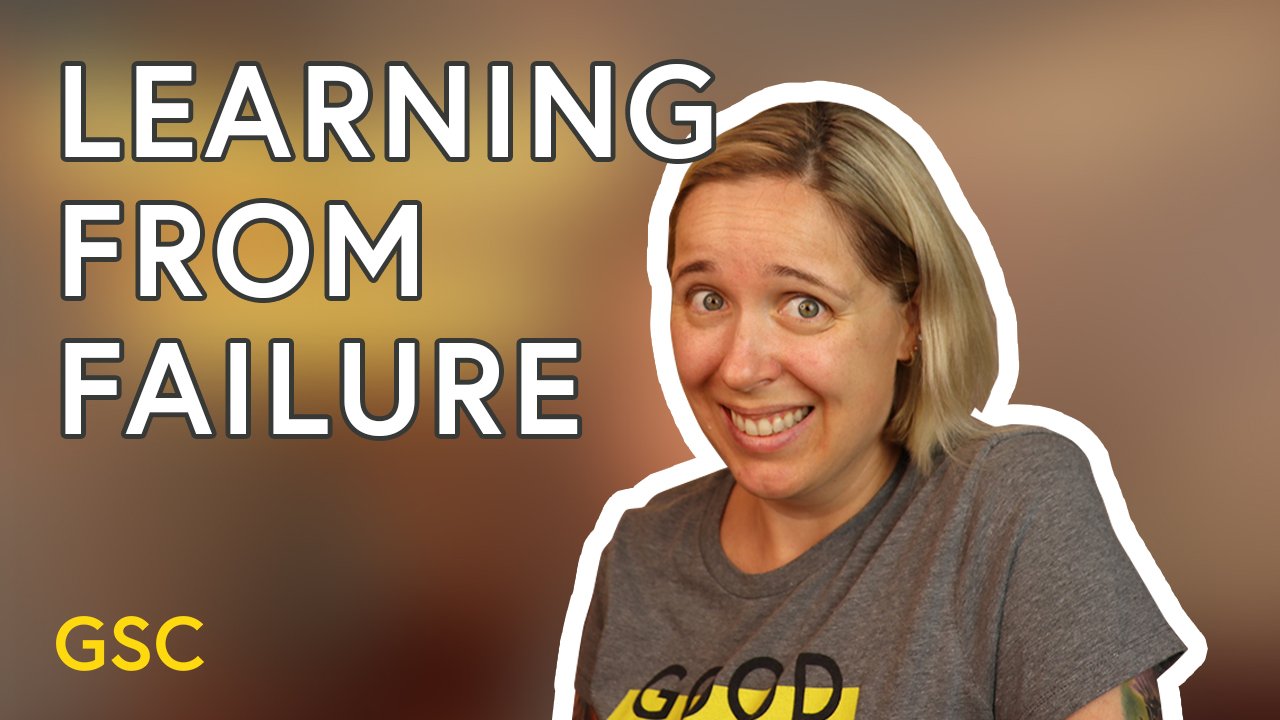
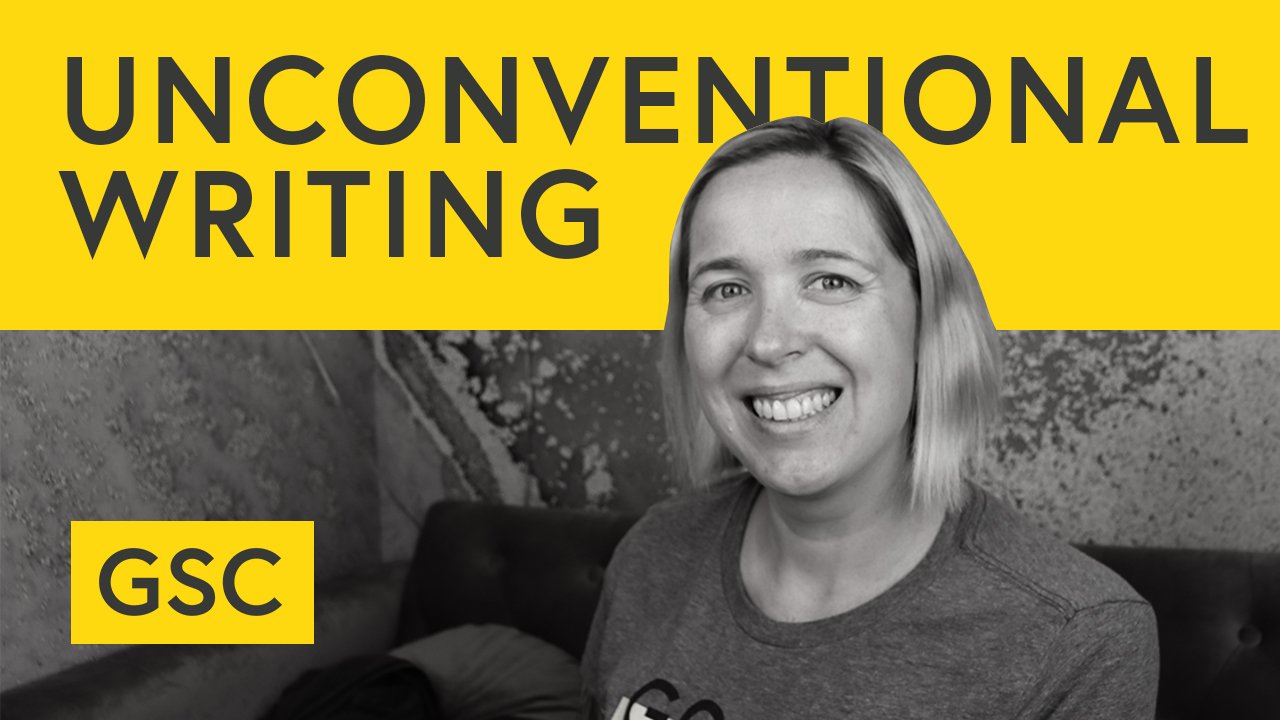
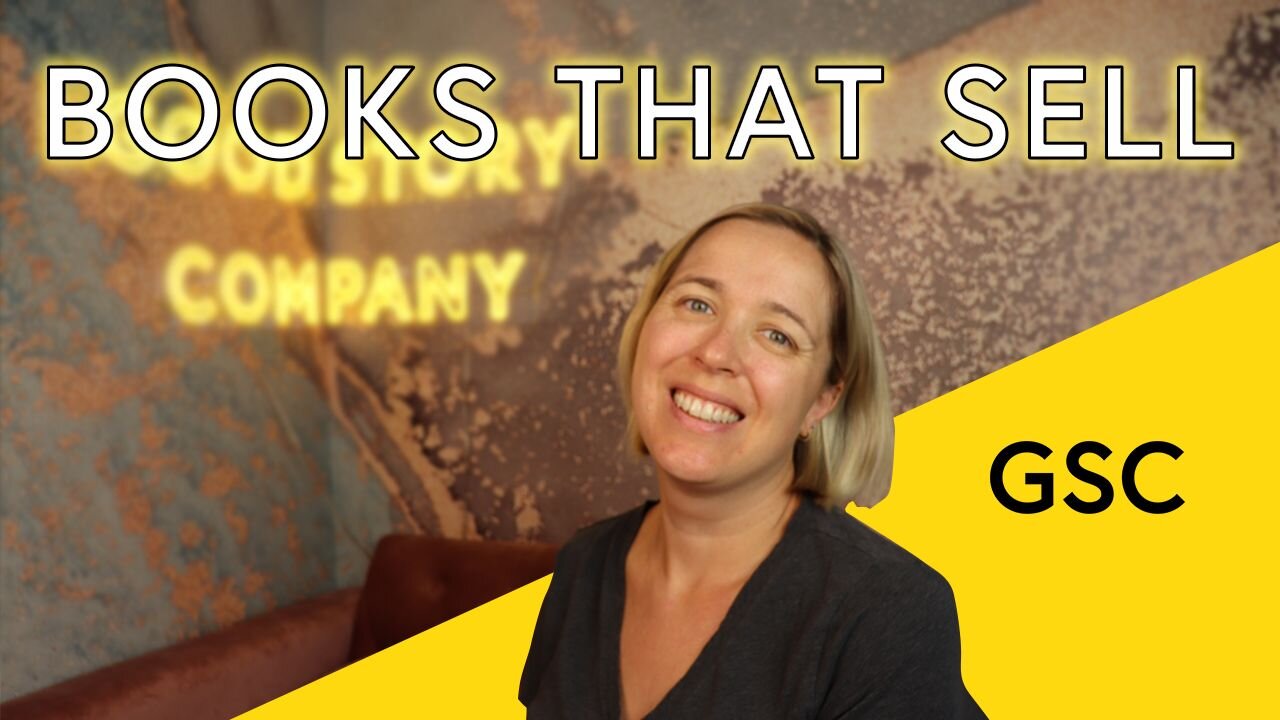
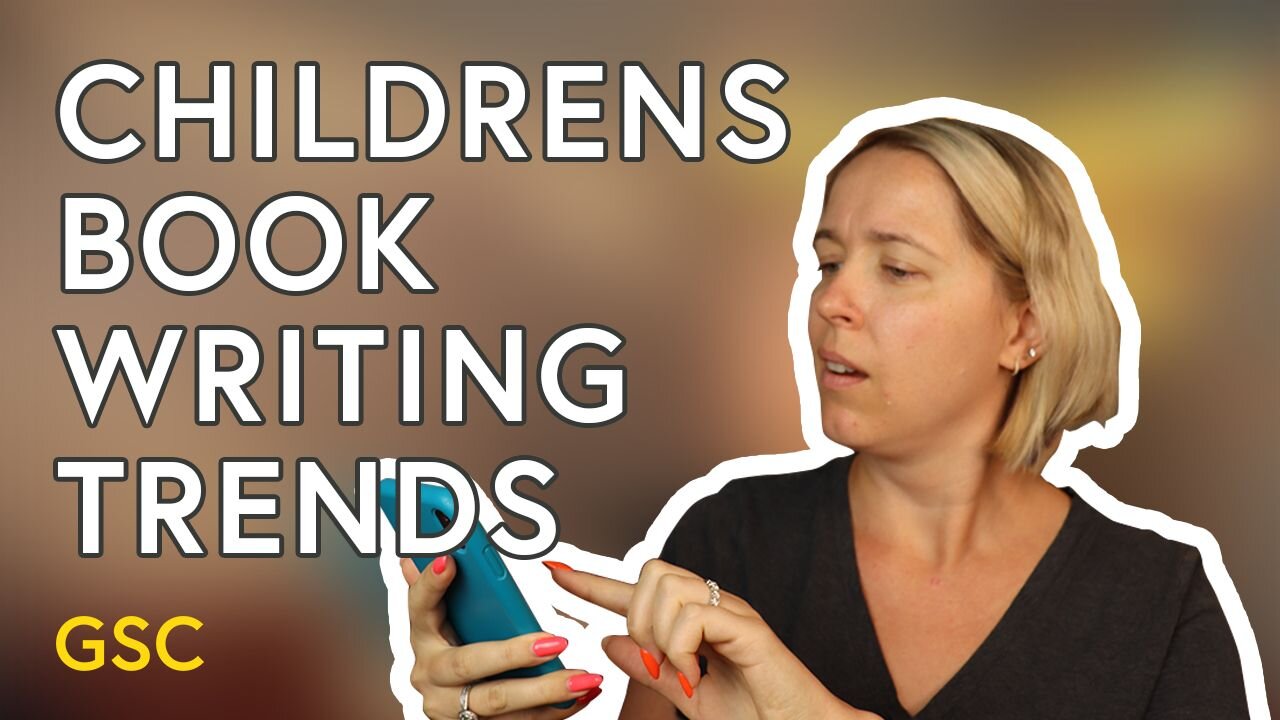
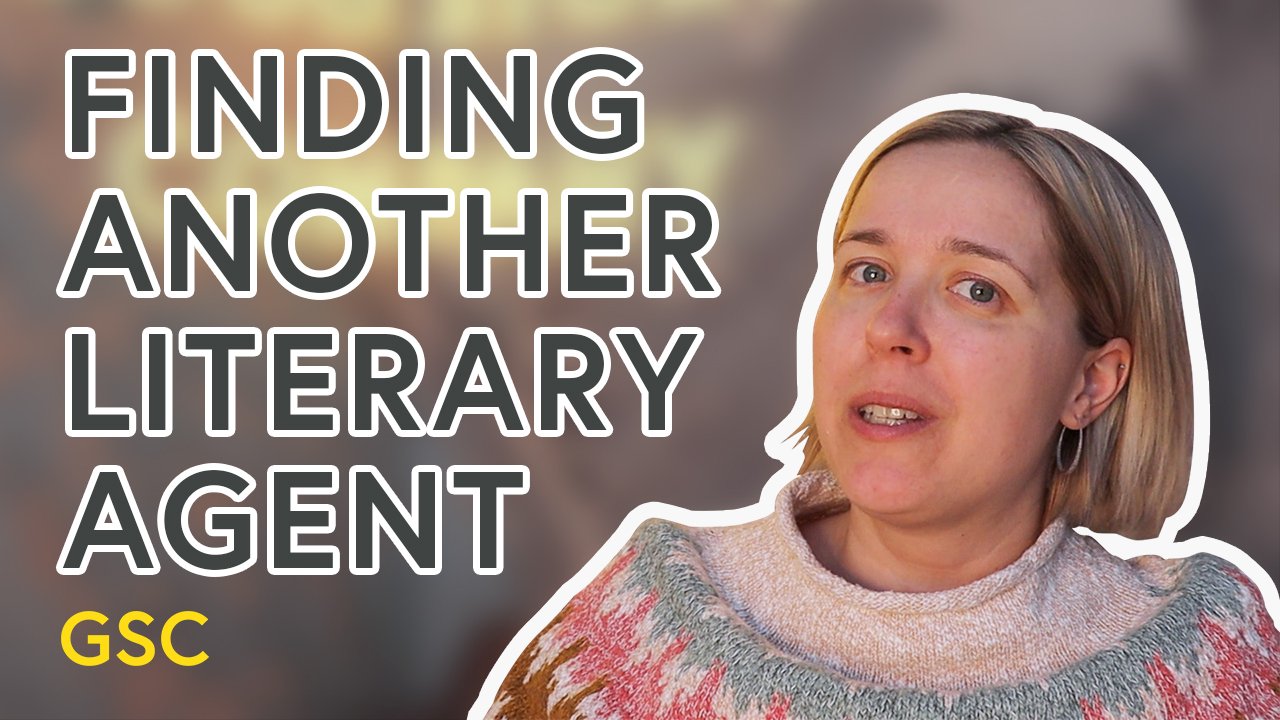
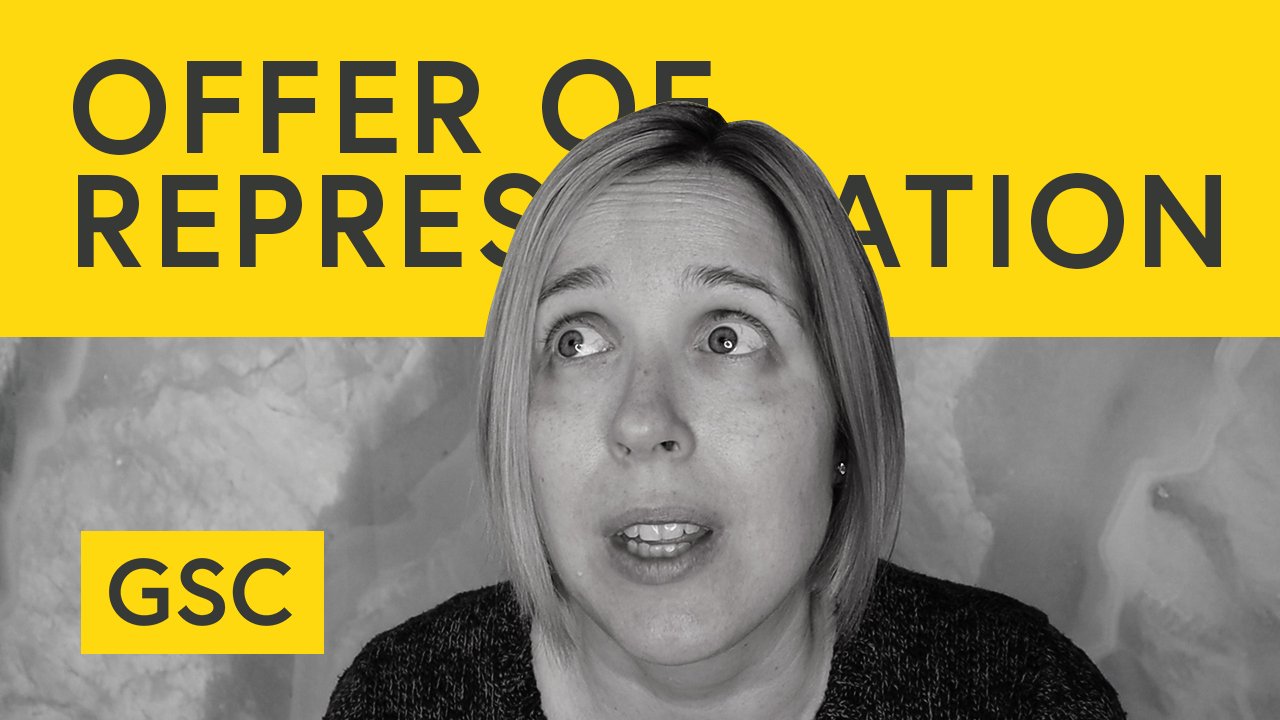
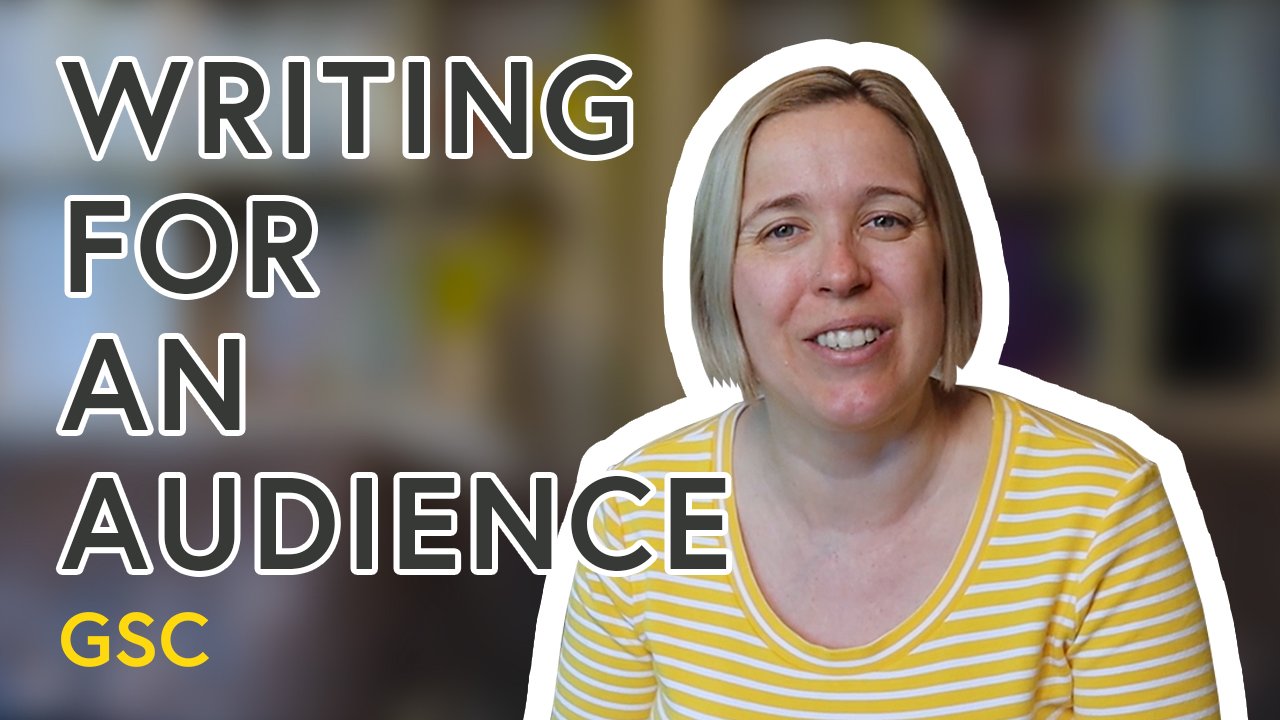
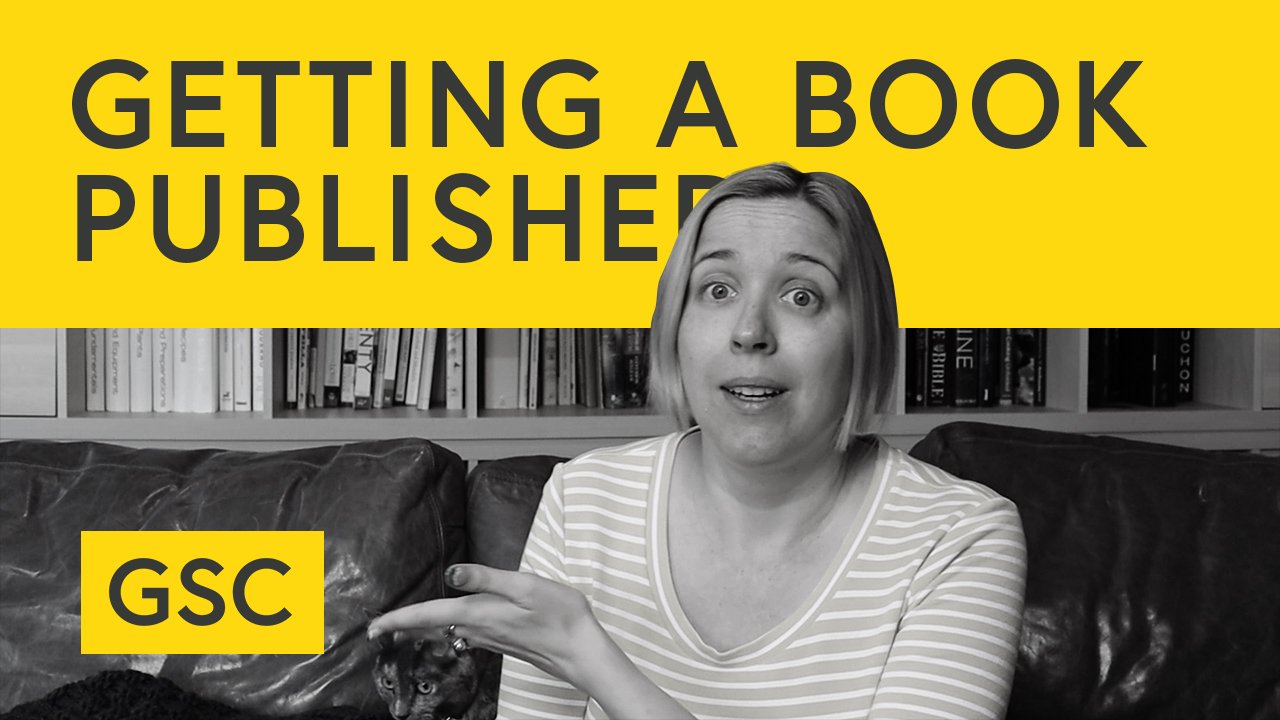
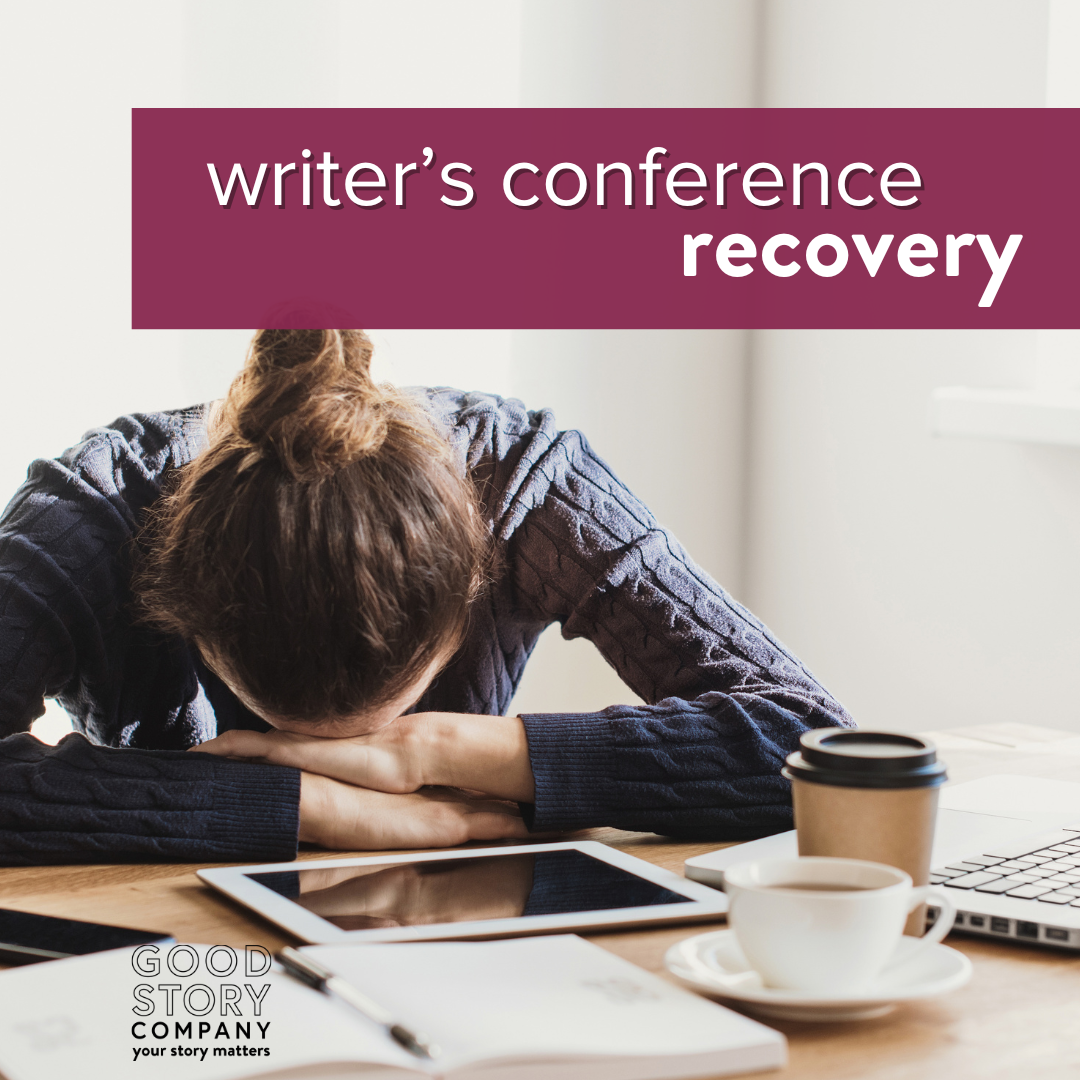
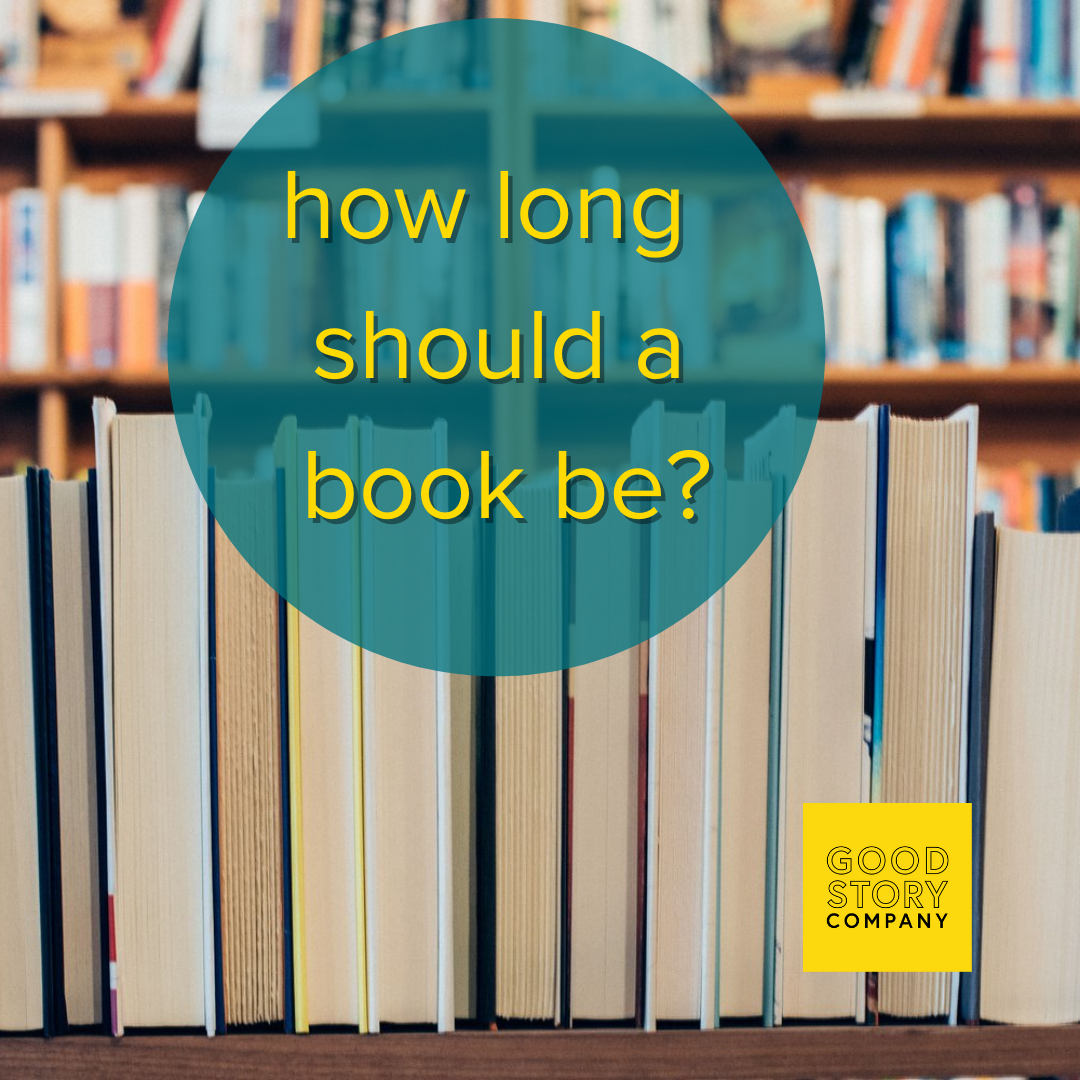
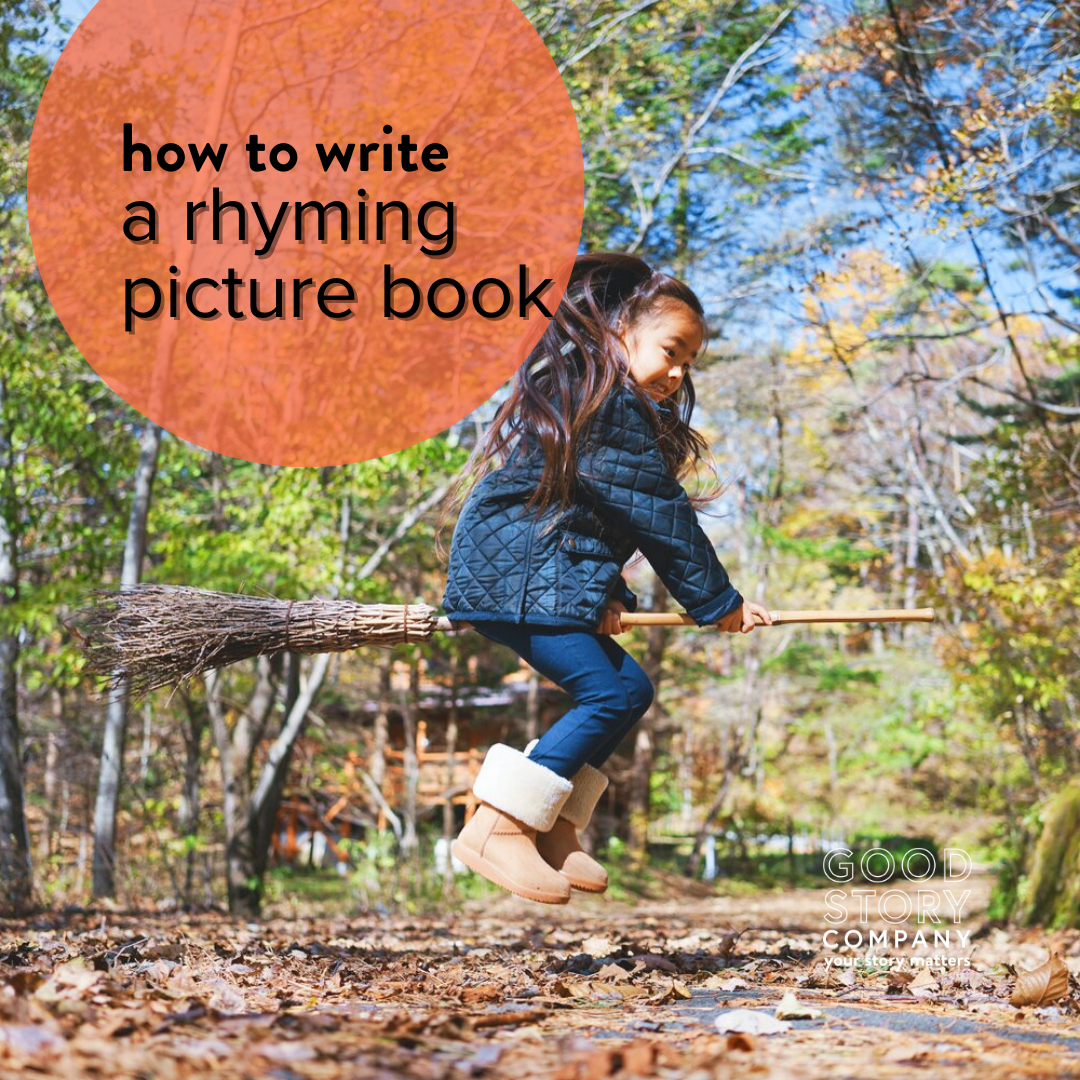
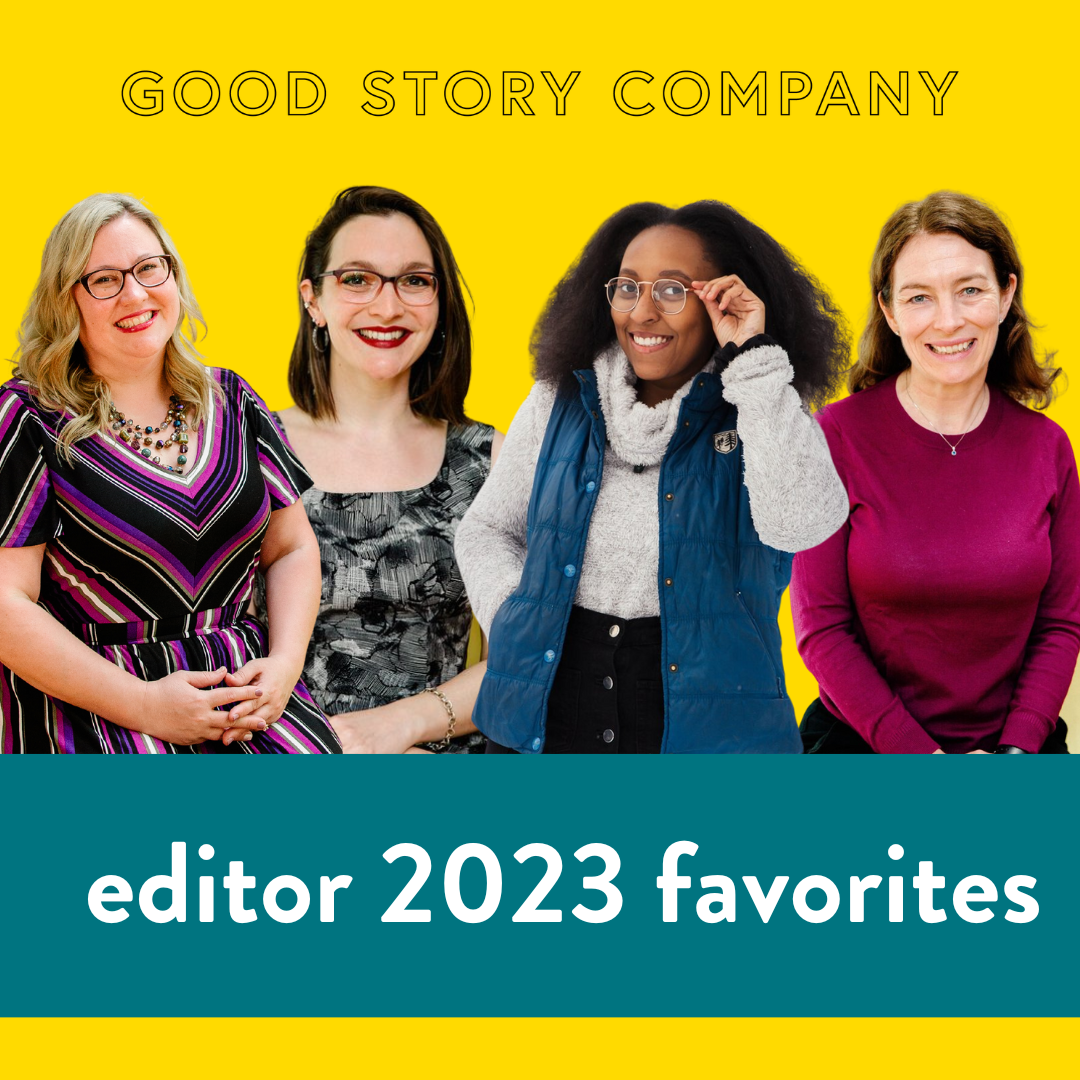
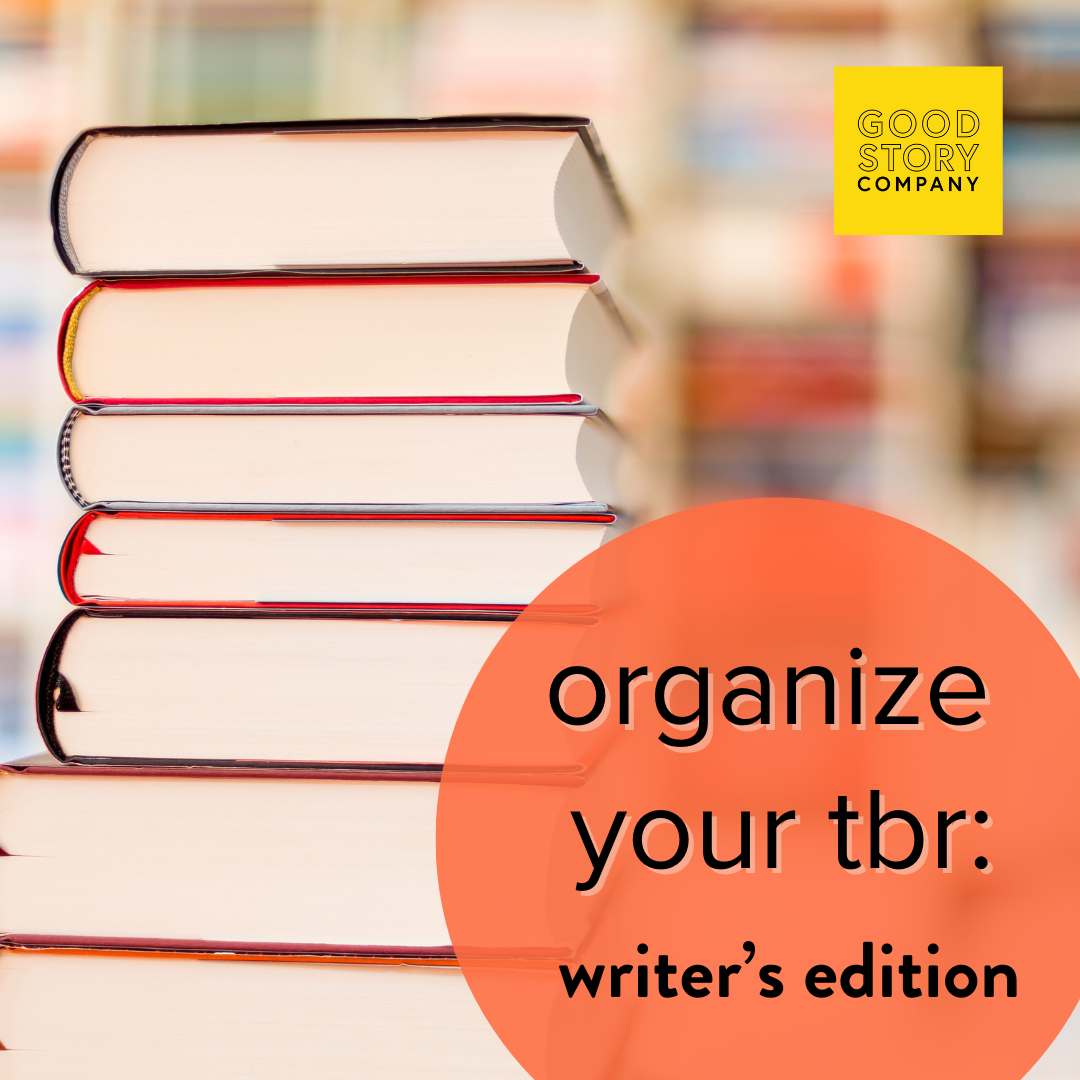
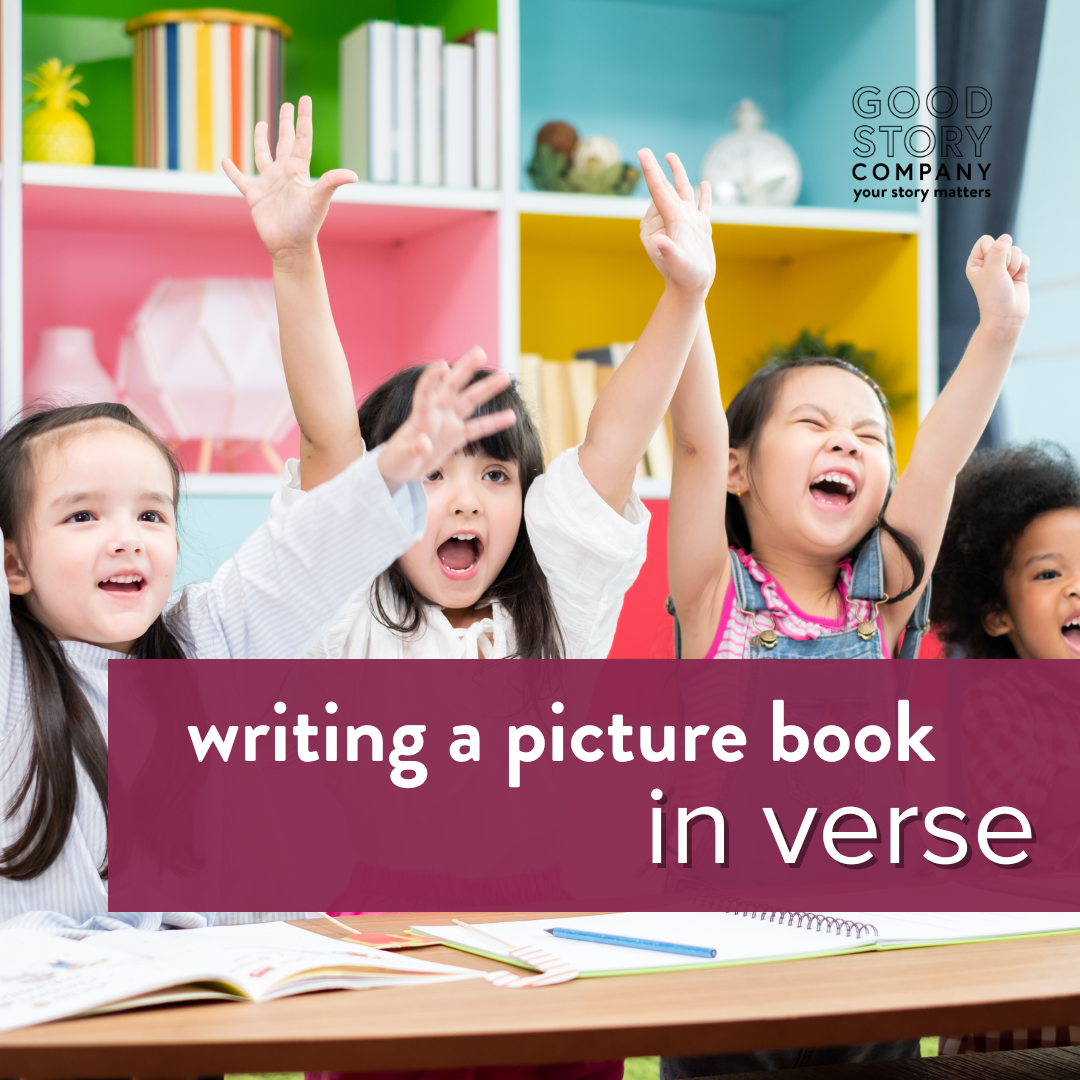


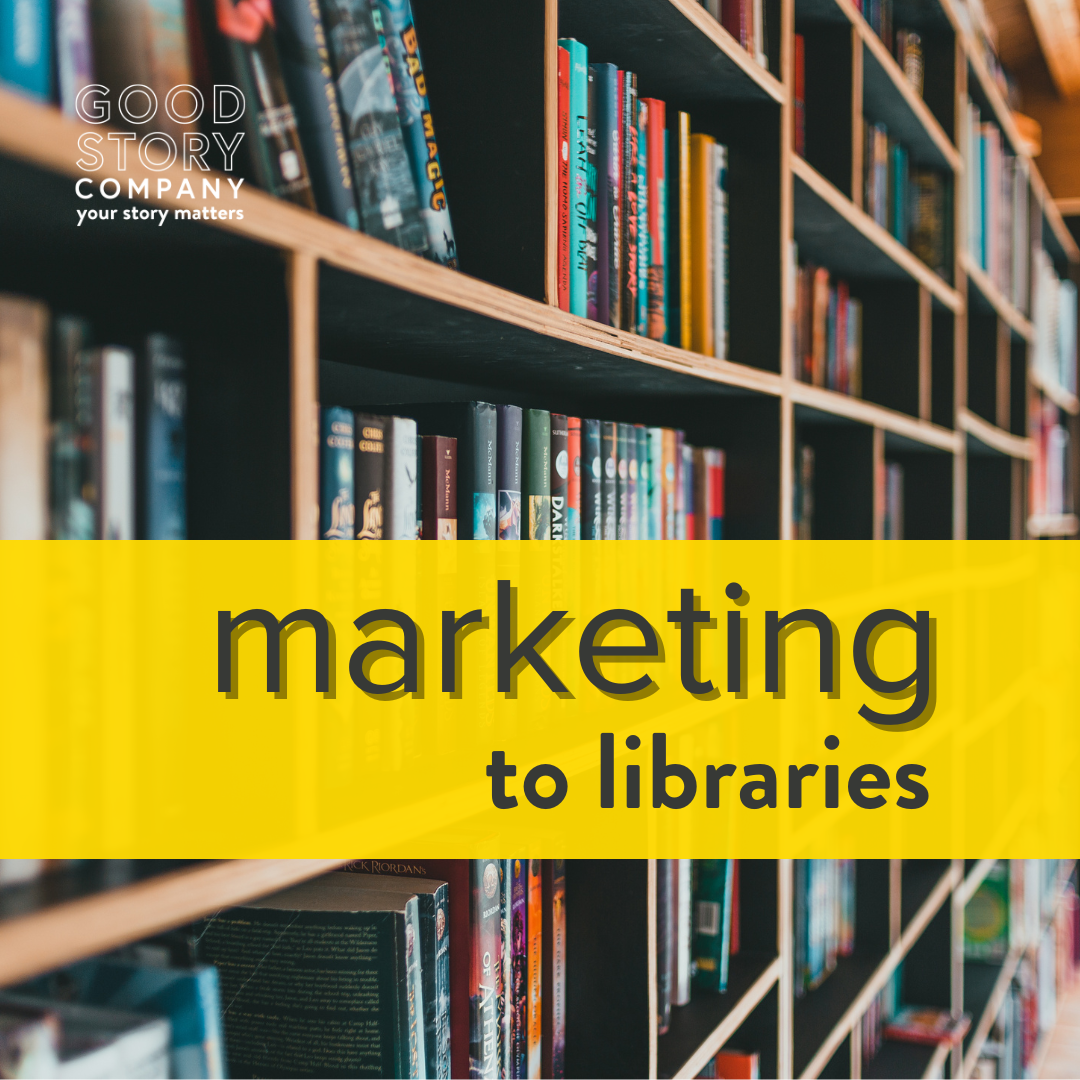
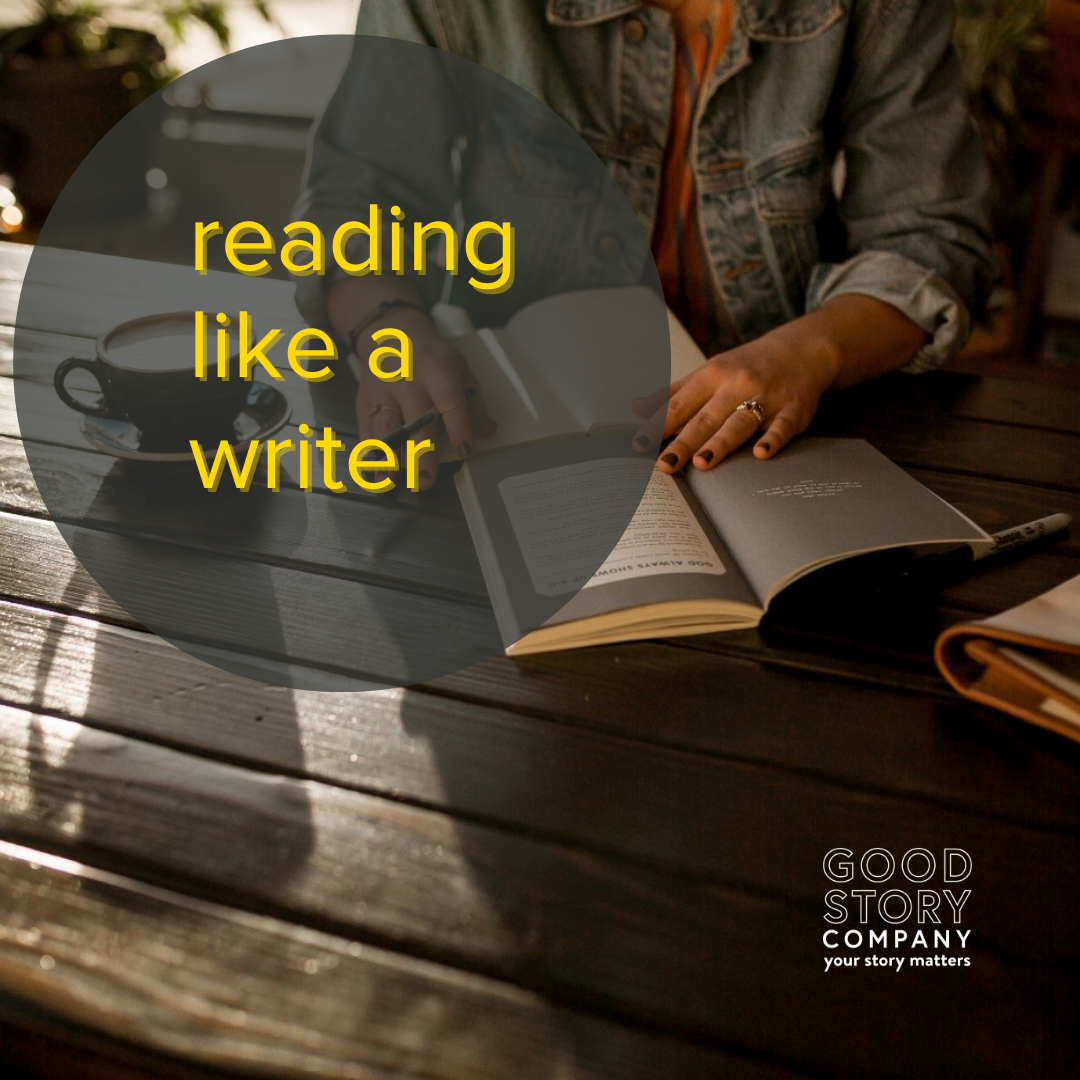
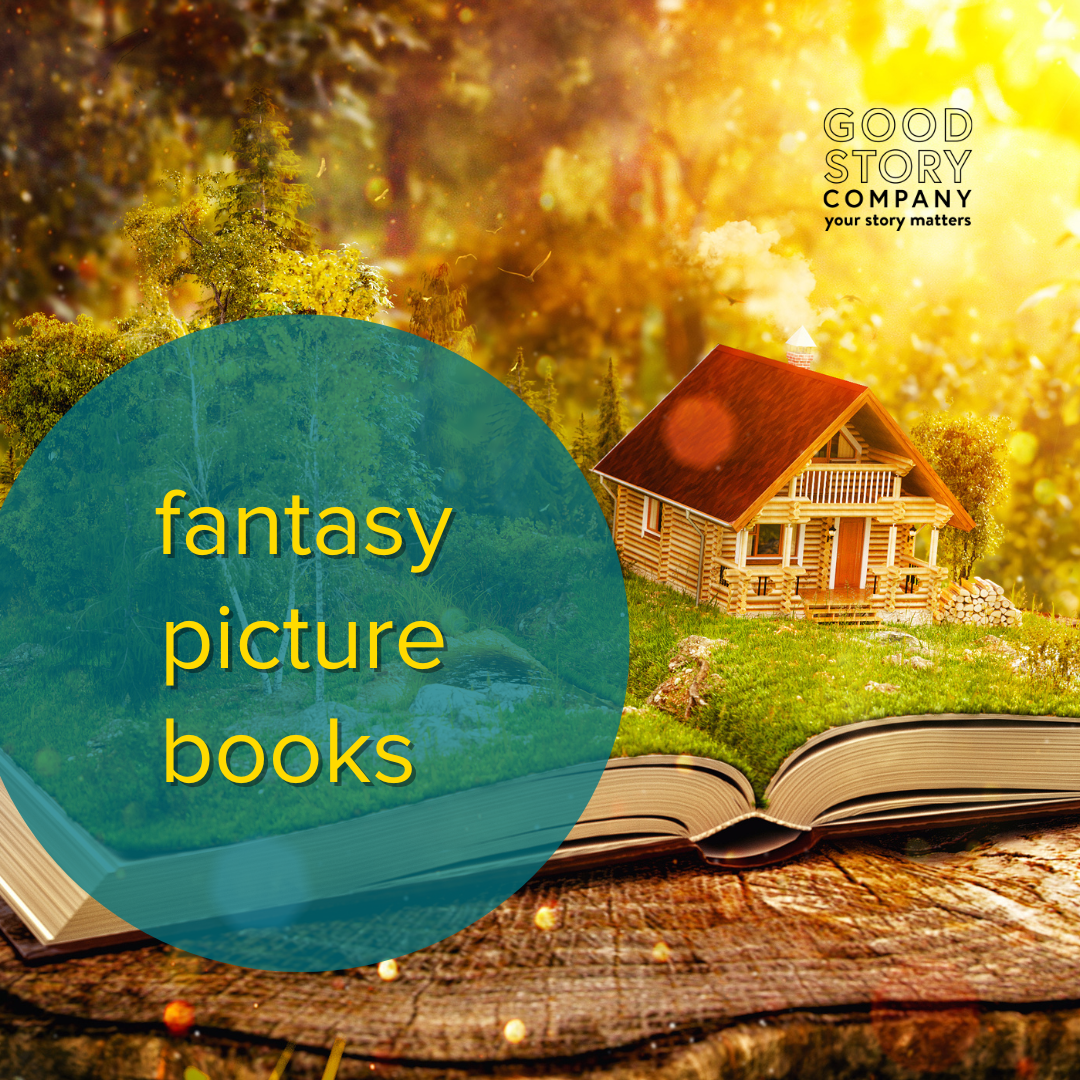

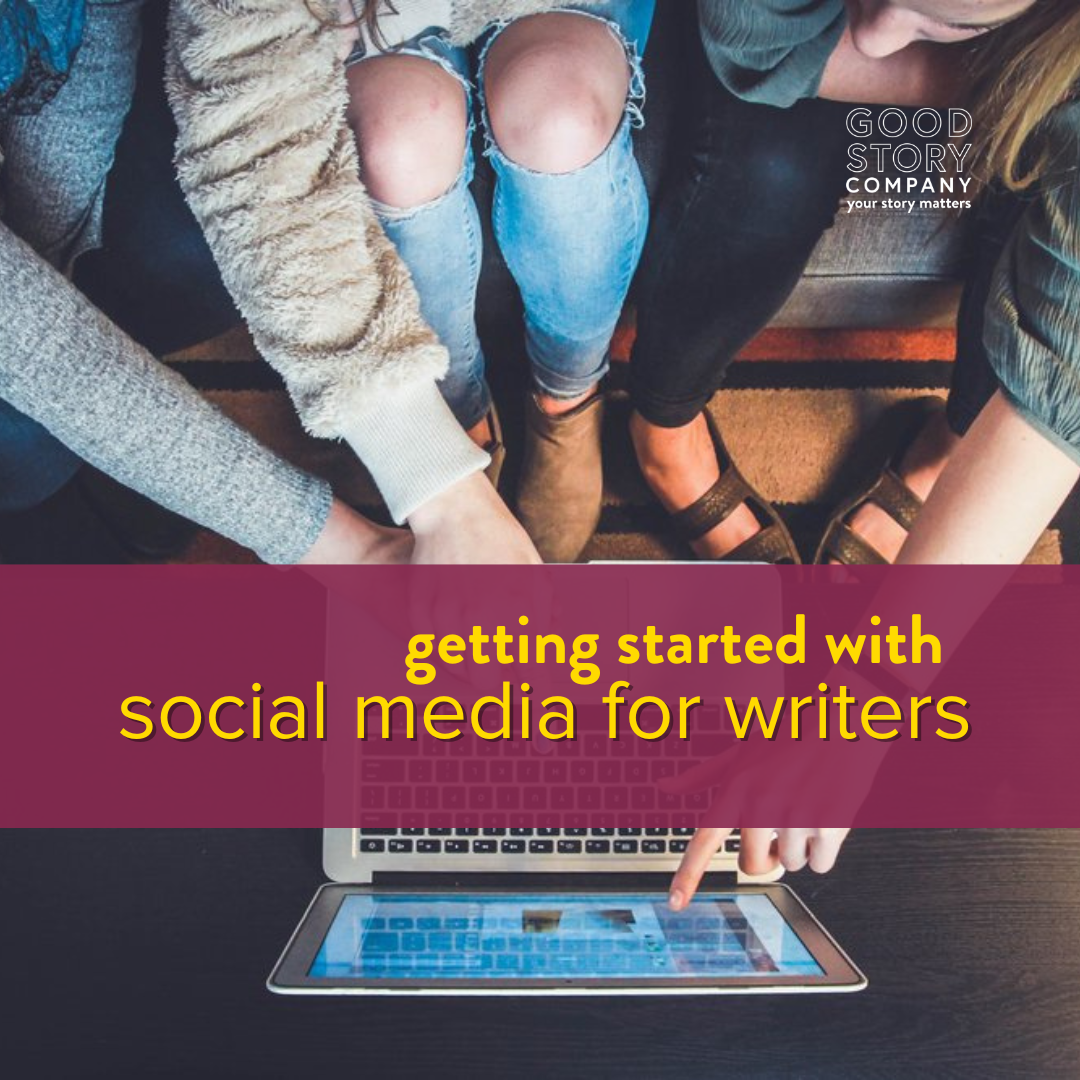





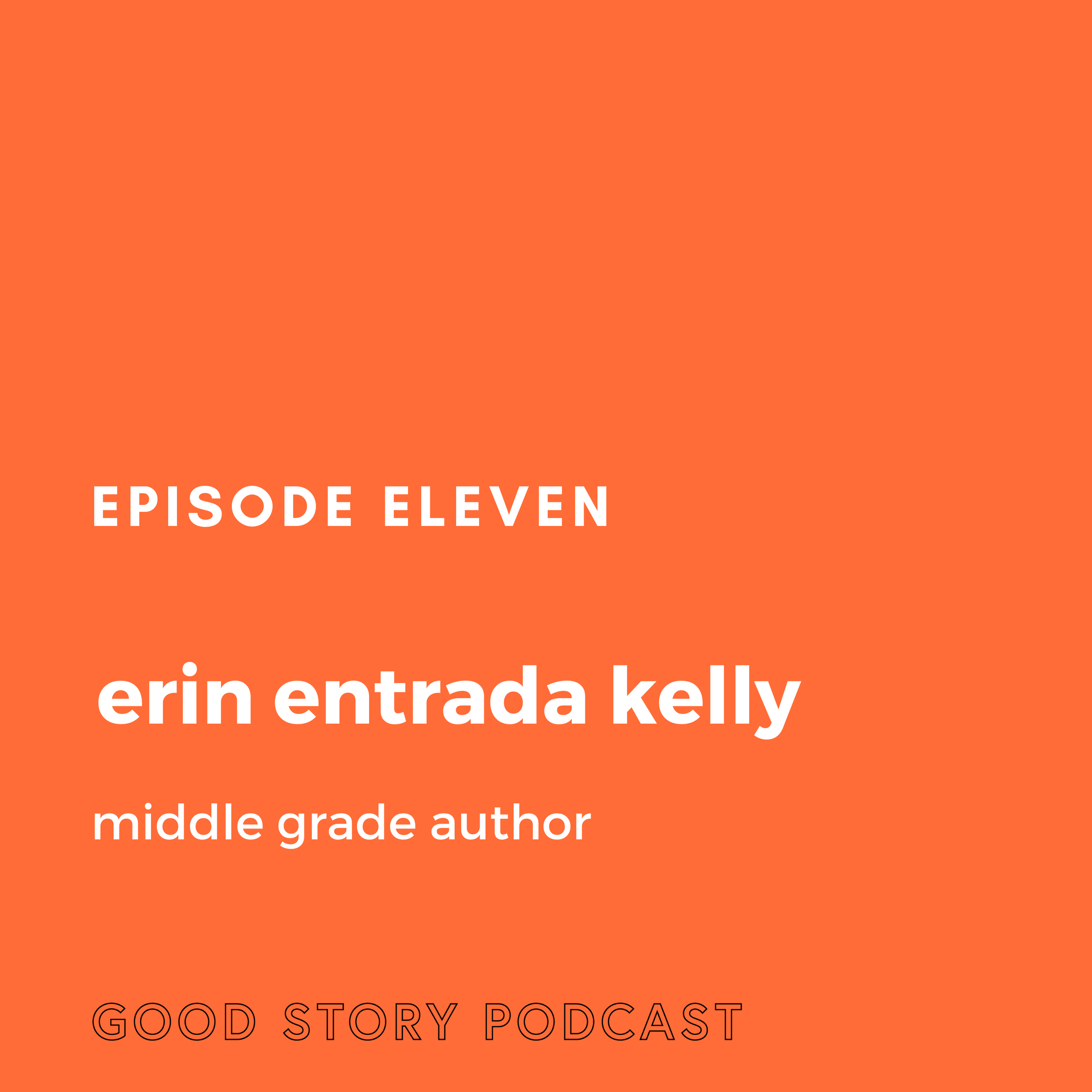
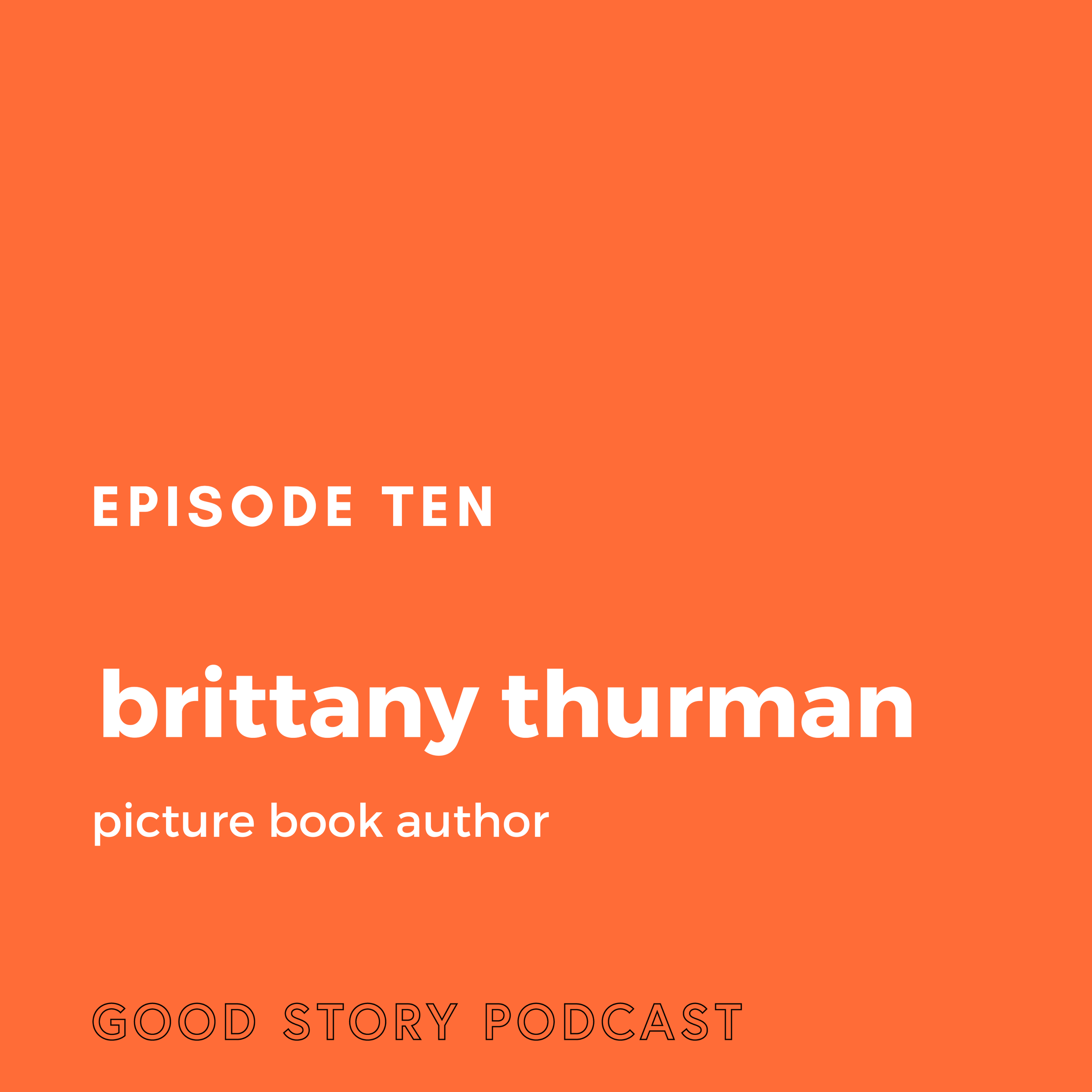
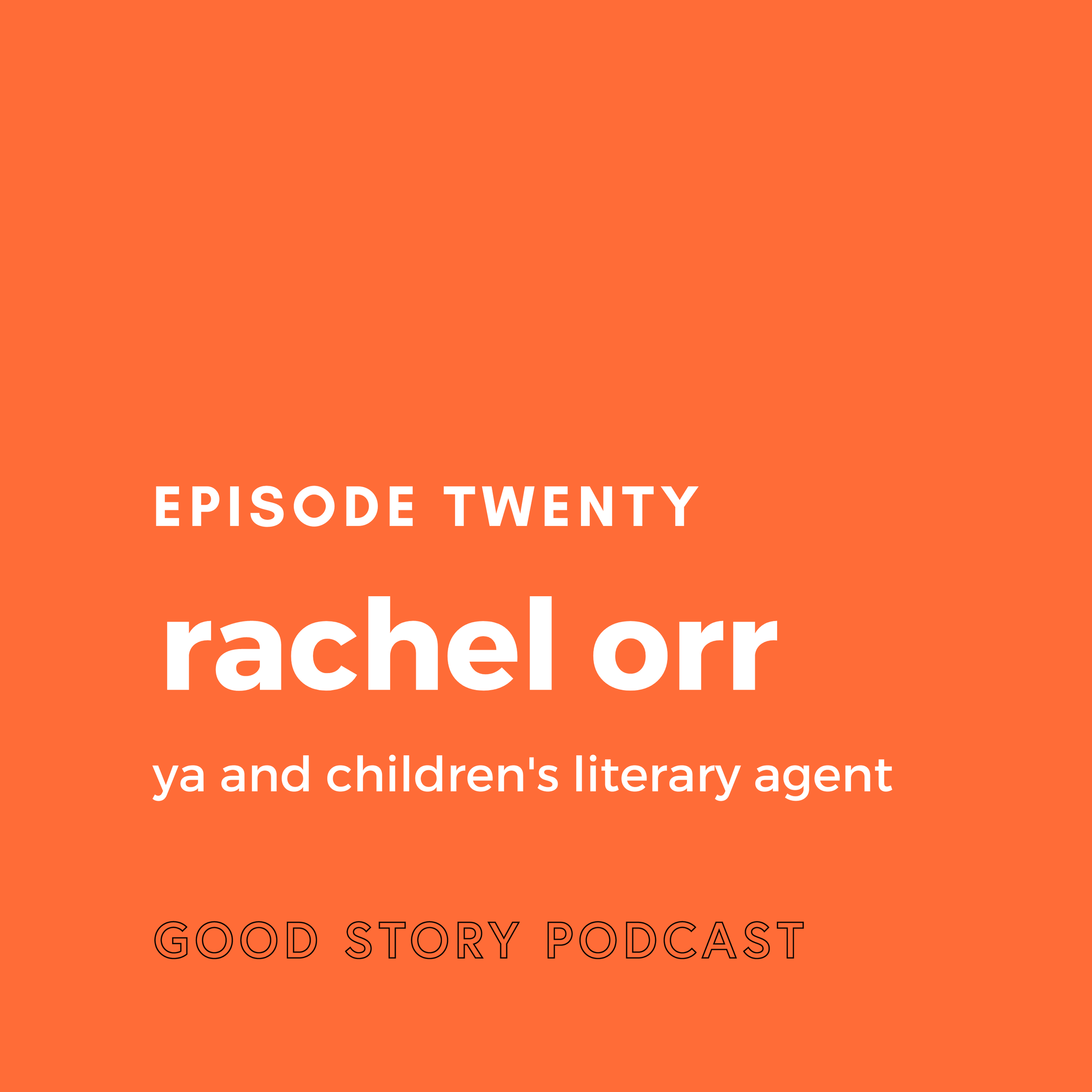
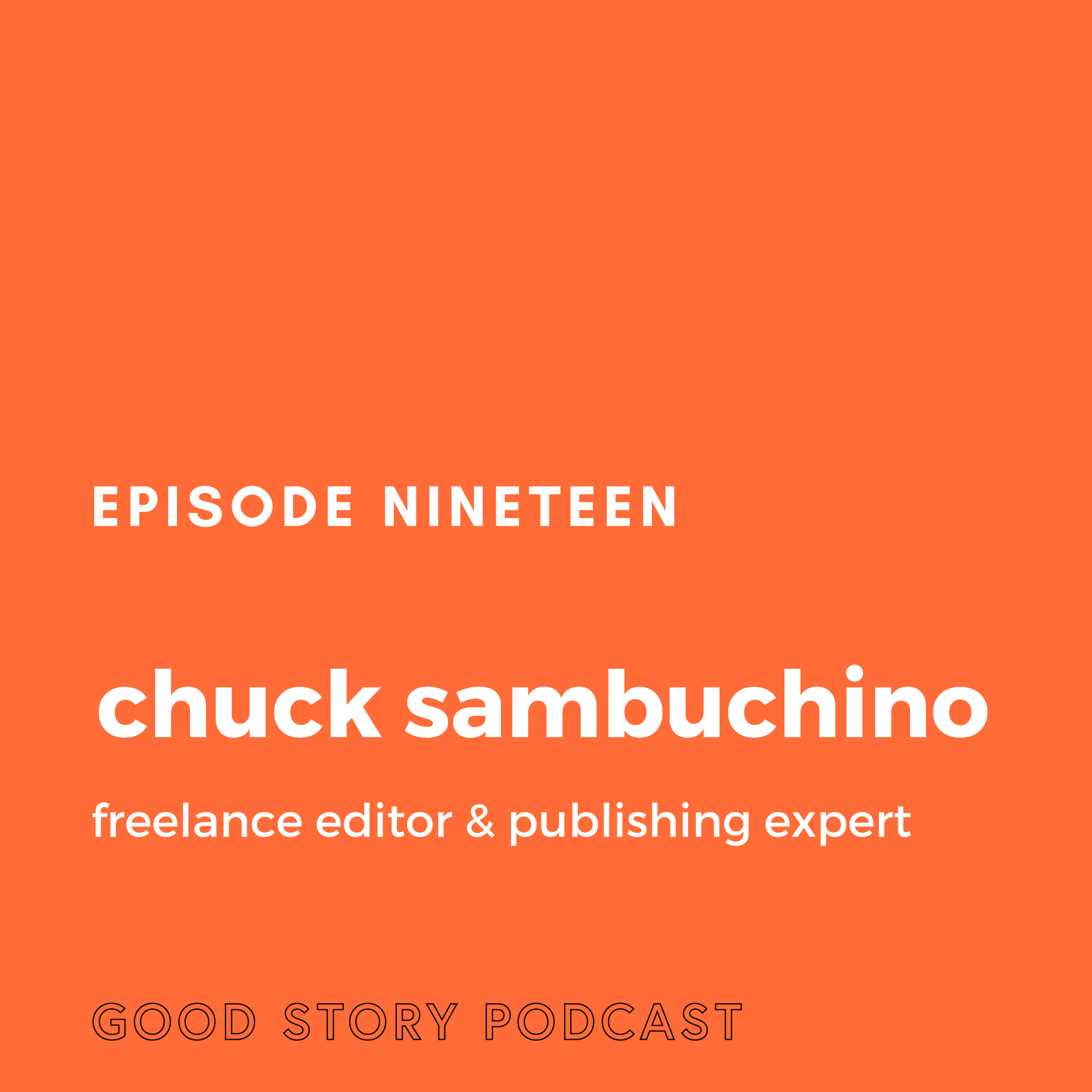
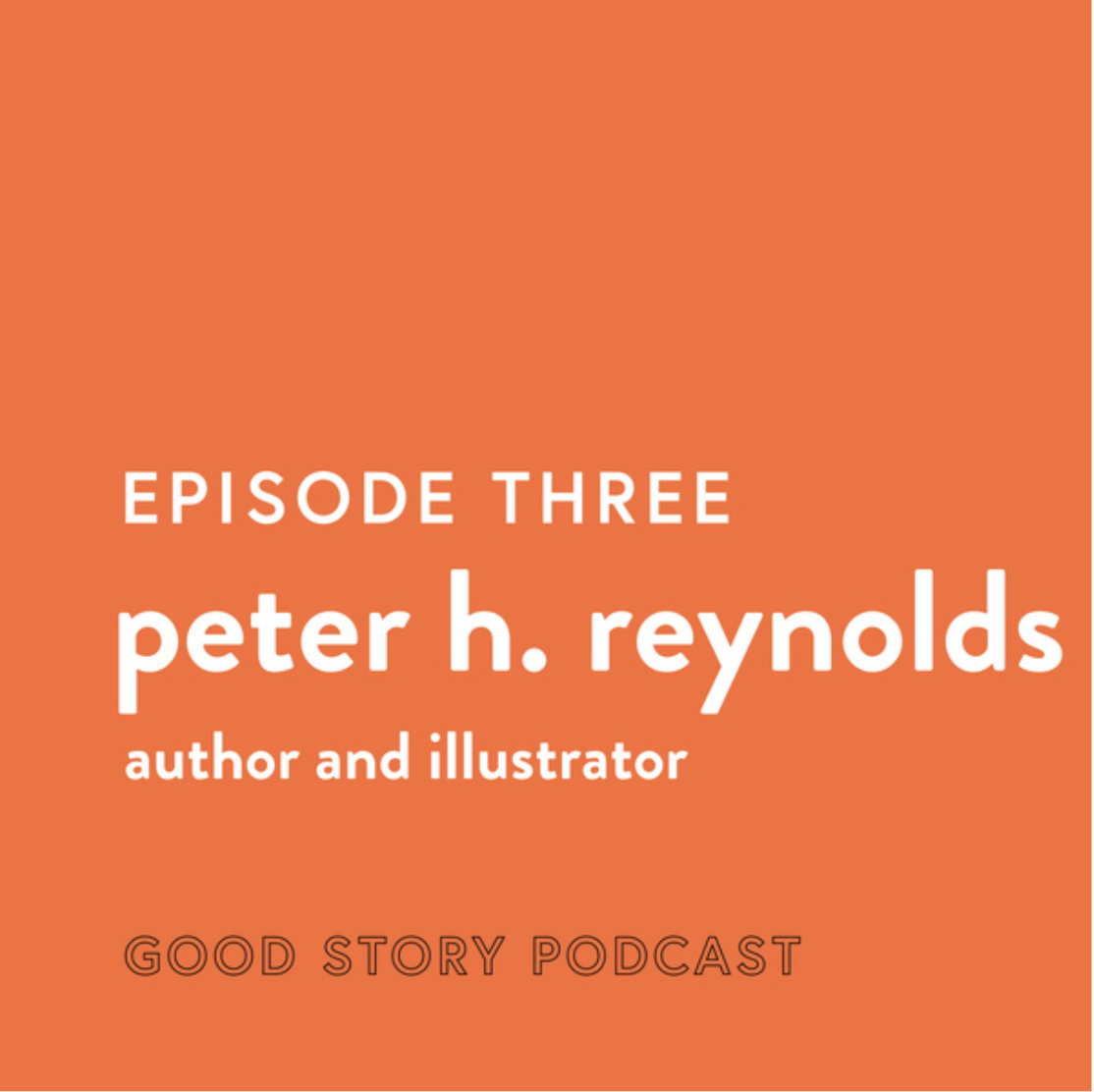

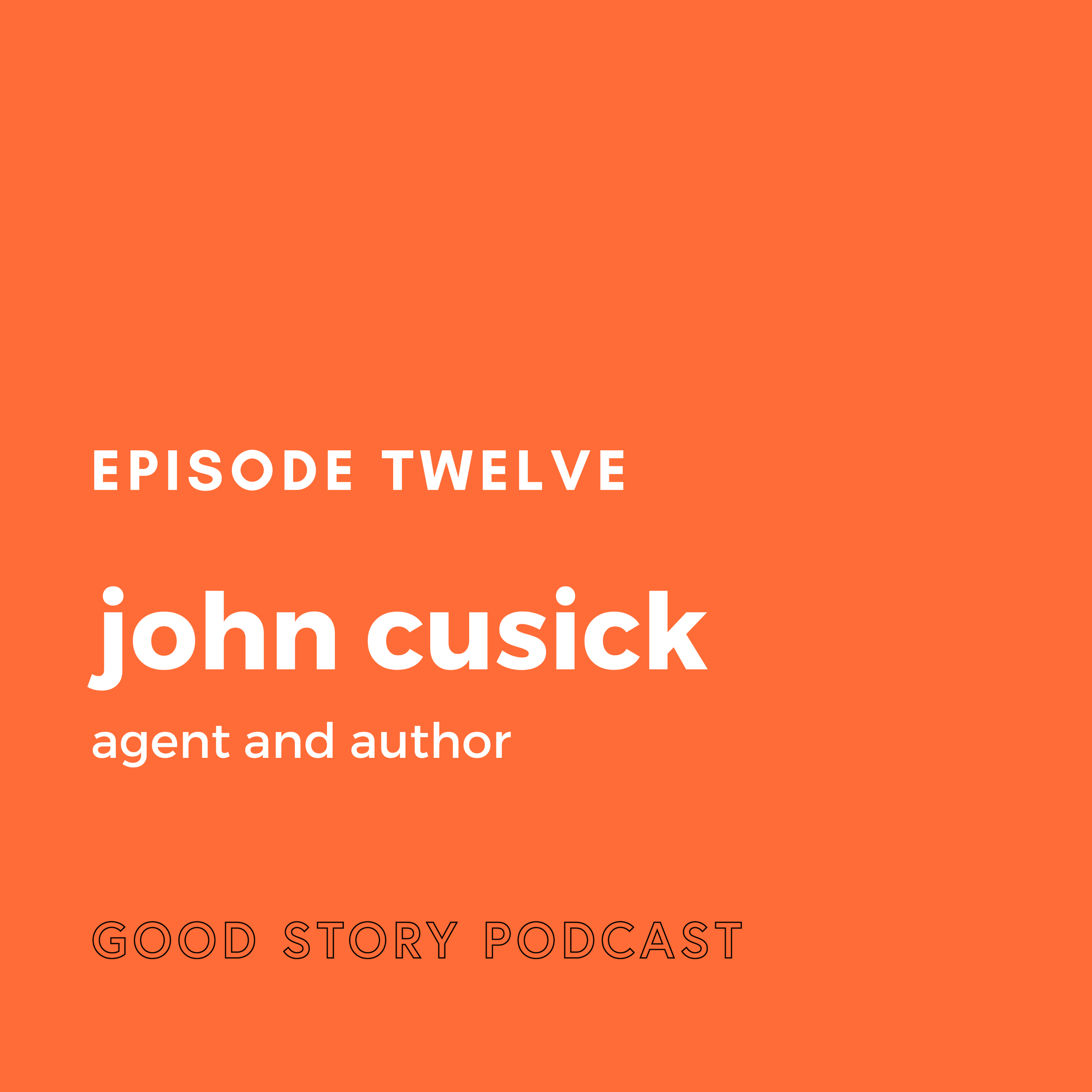
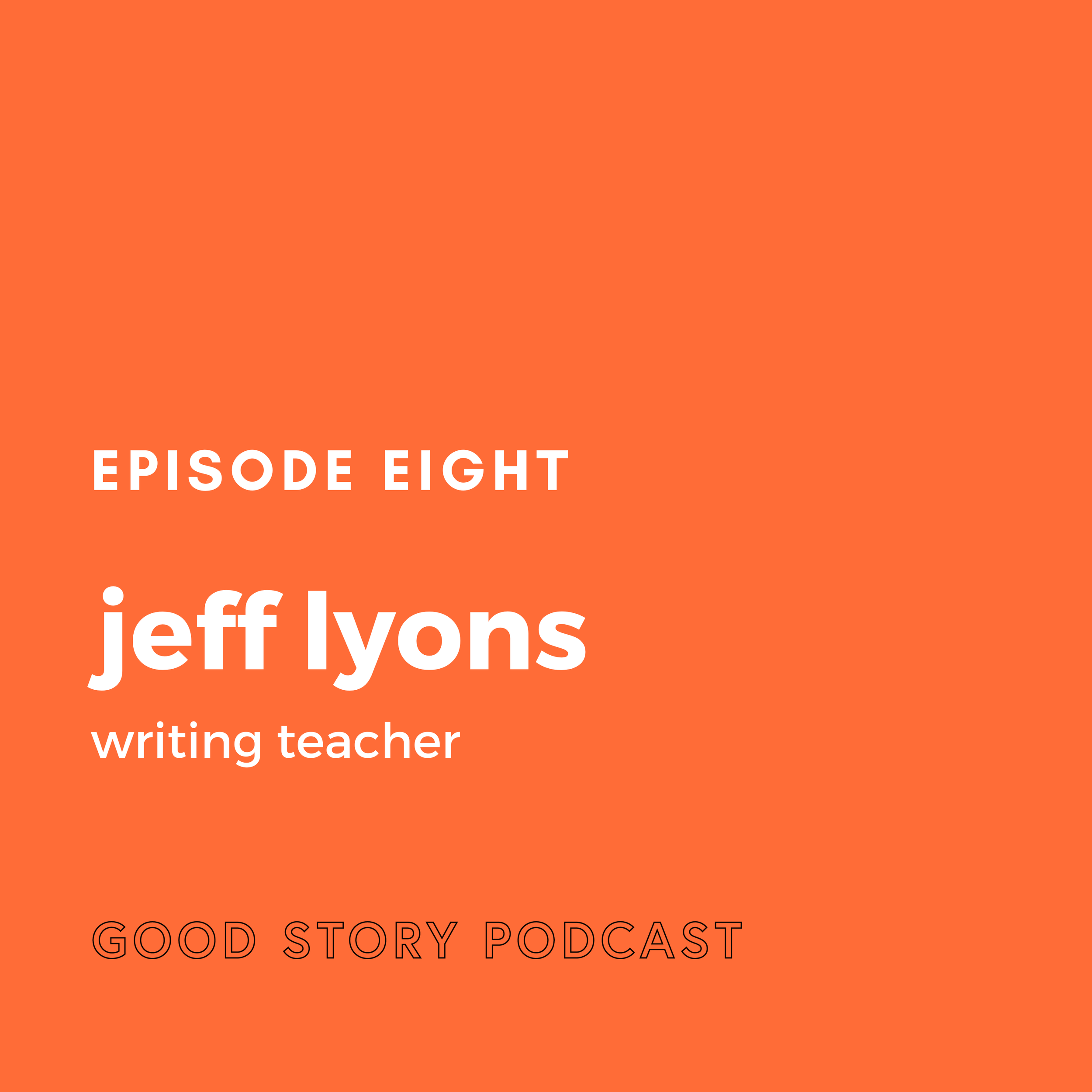

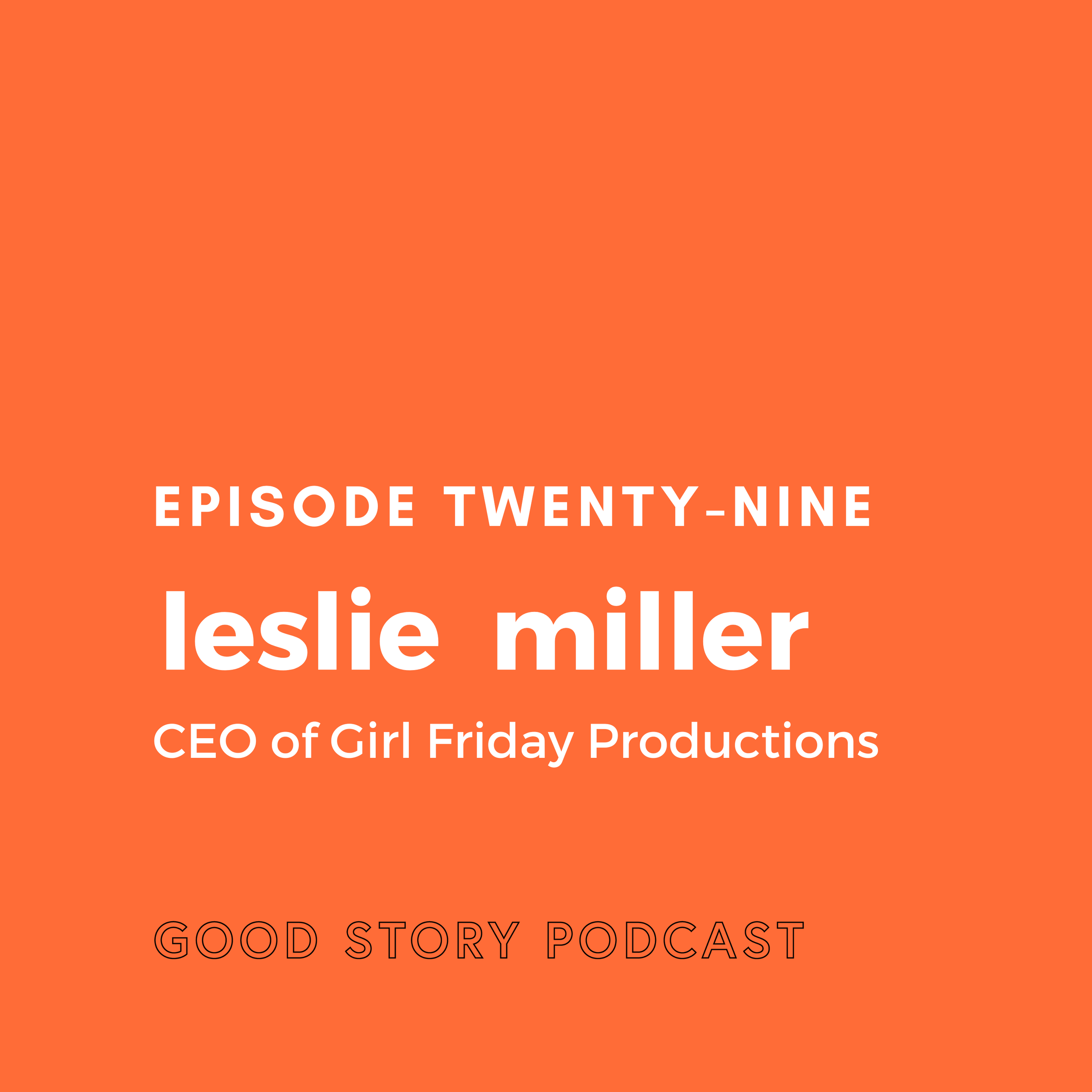




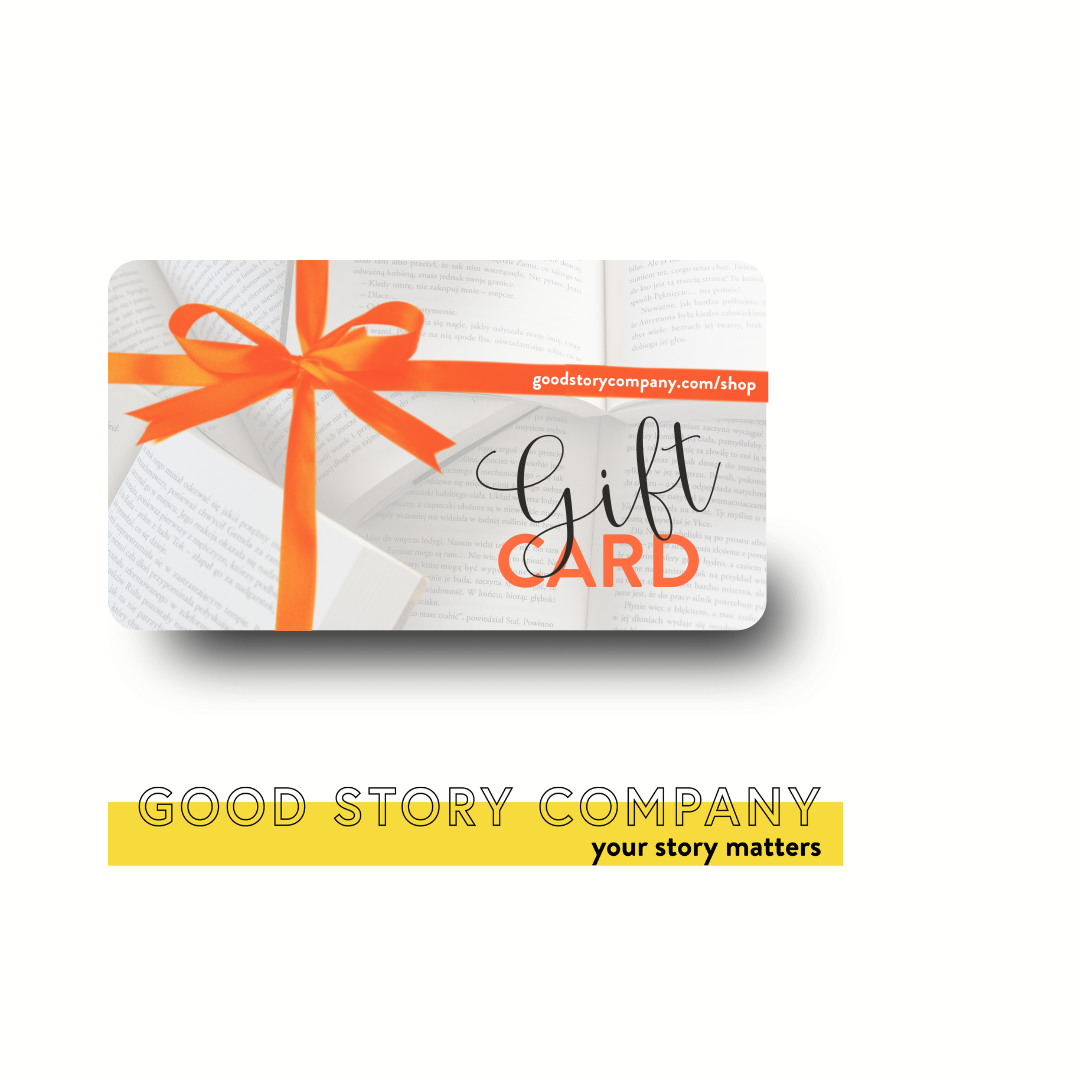
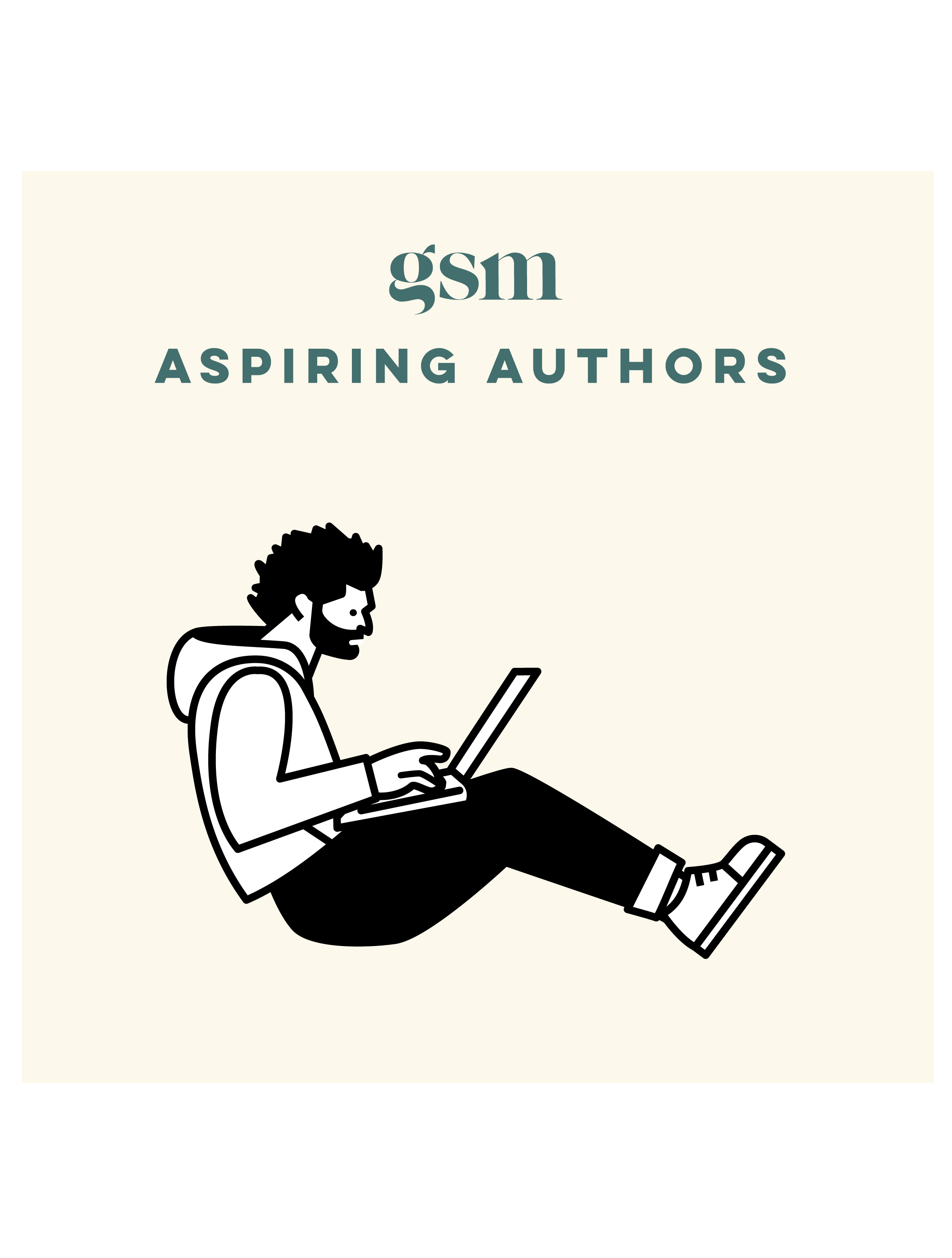





How do you set realistic expectations in publishing? If a book doesn’t sell, how do you cope with rejection? Literary agent and author Kate McKean chats about her latest book Write Through It! She also shares tips for honing your writer’s intuition, pitching your book, and what queries stand out in the slush pile.